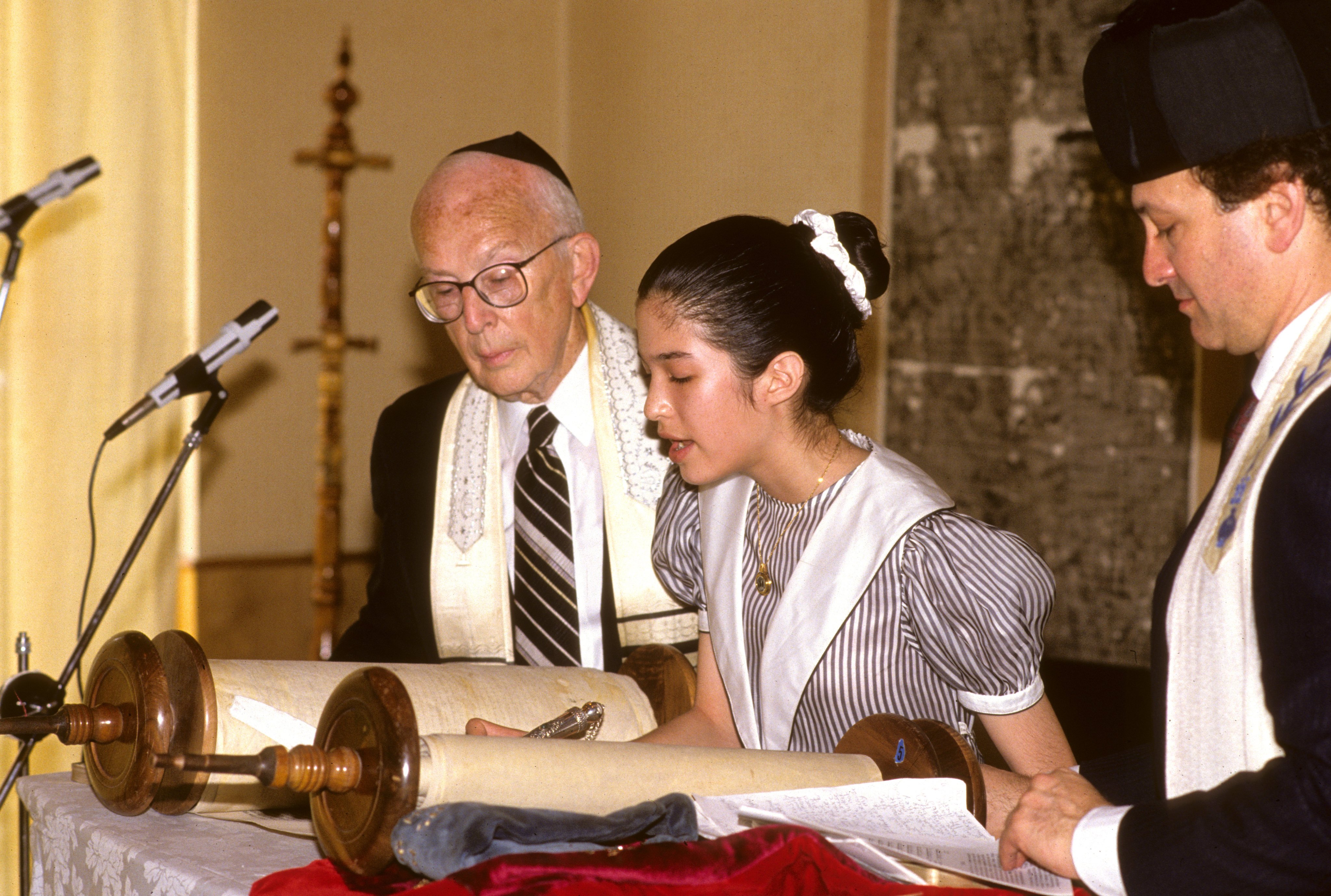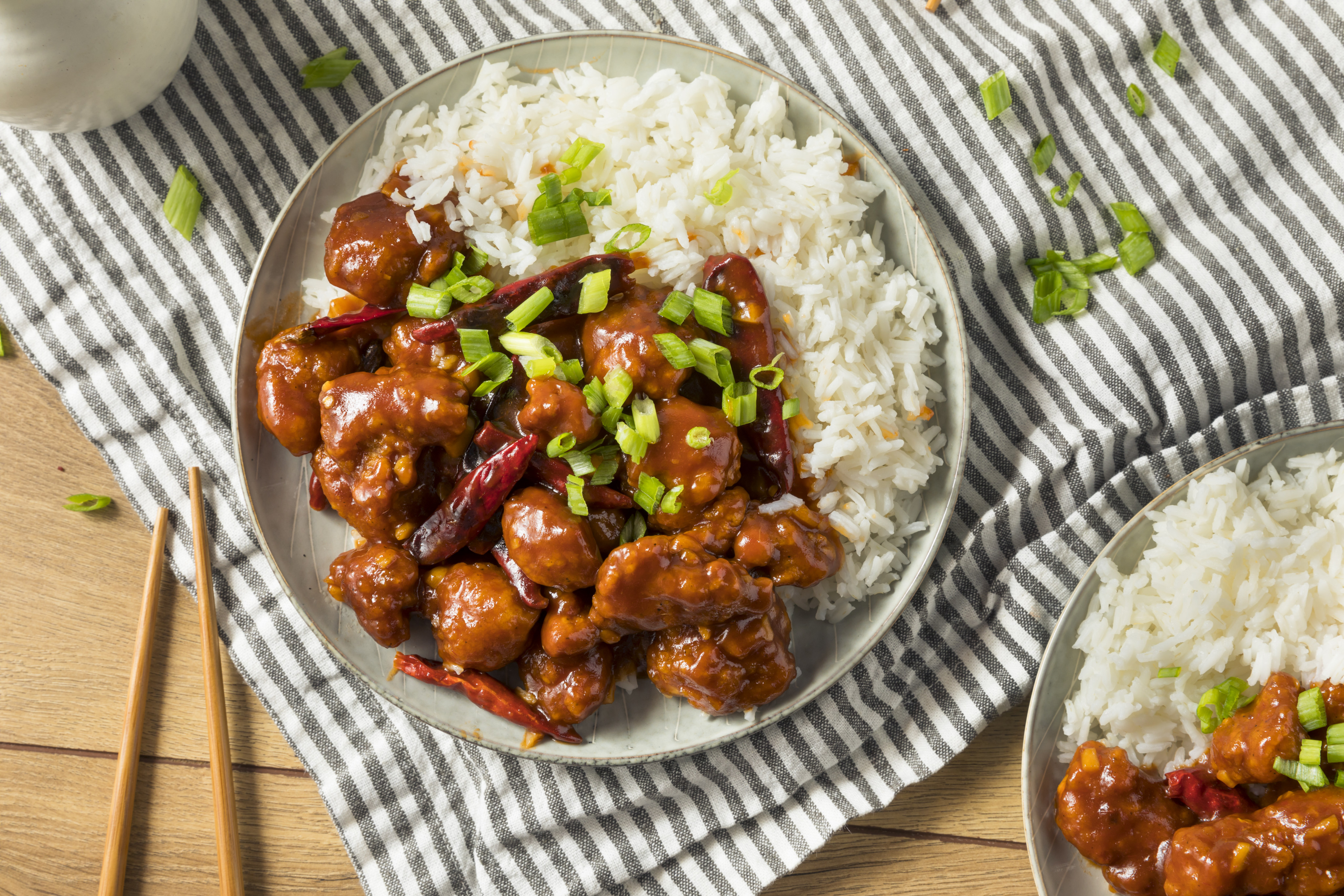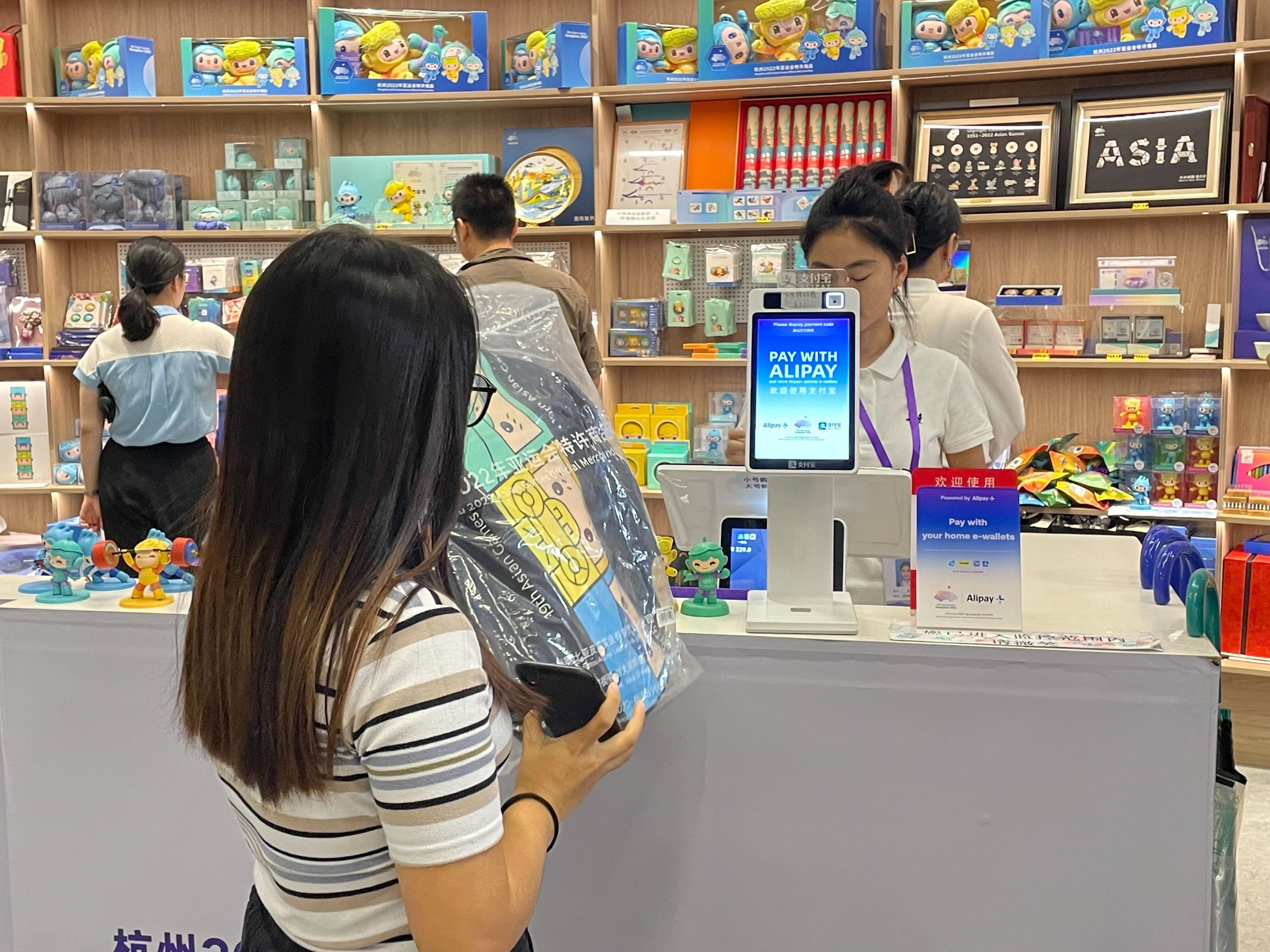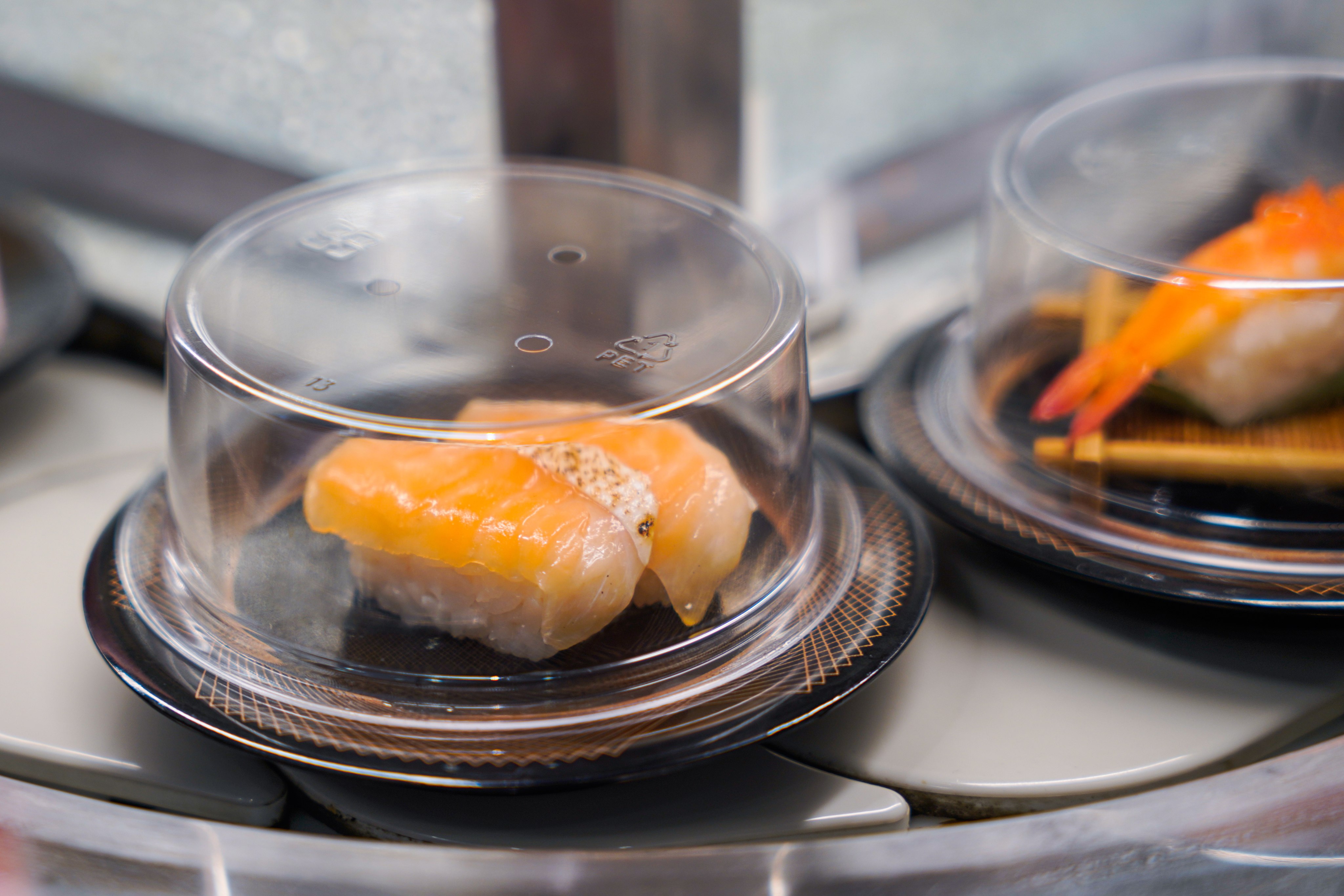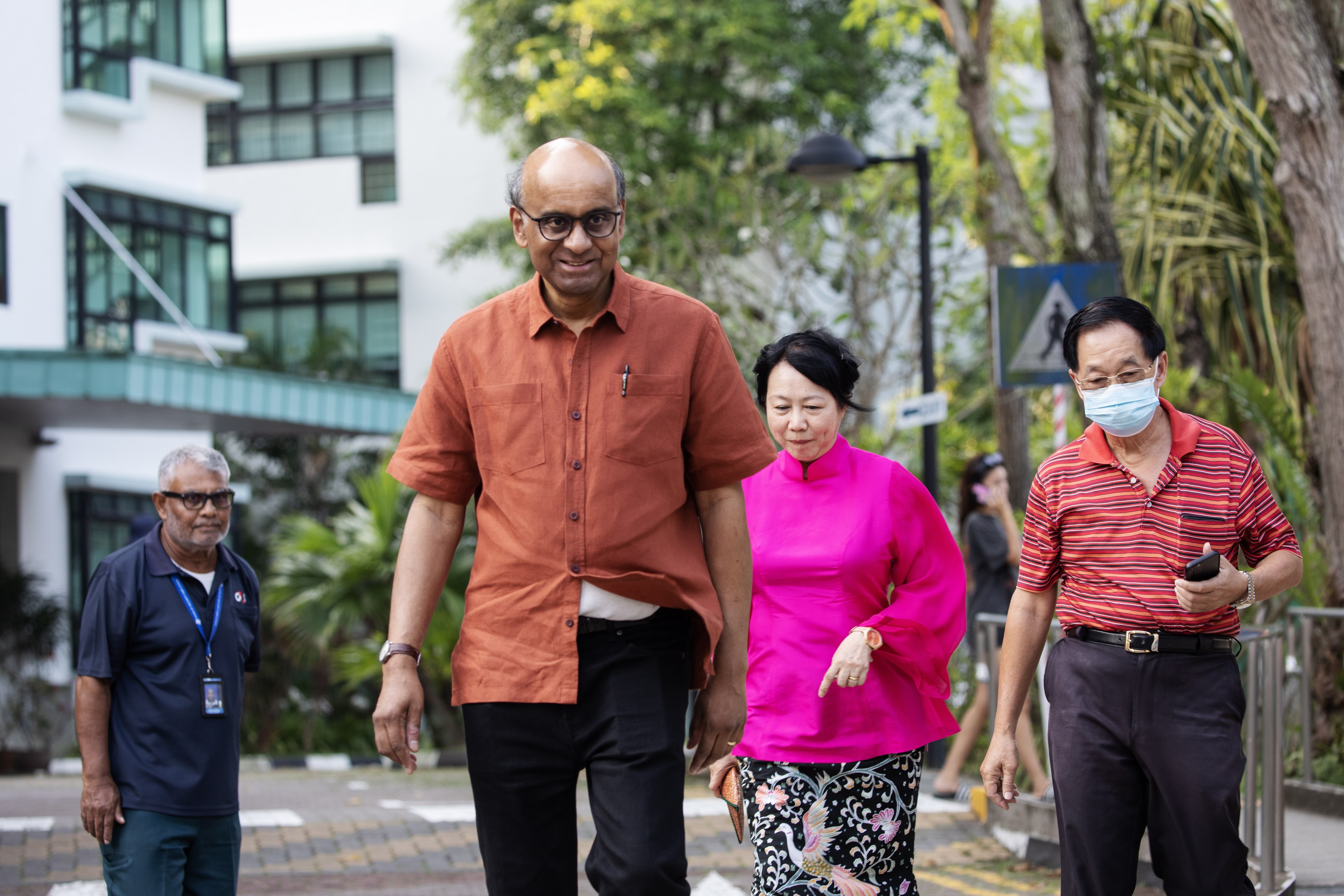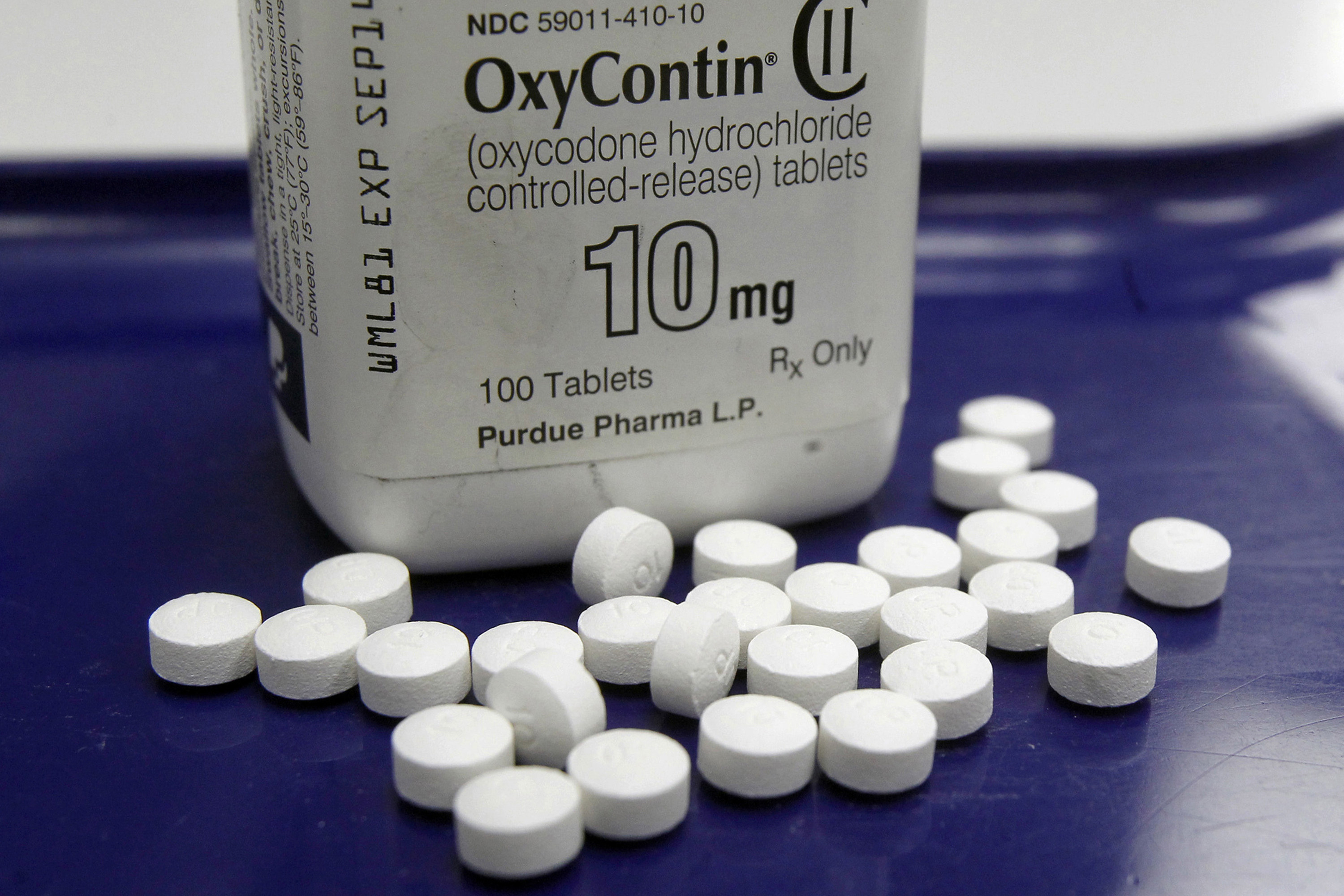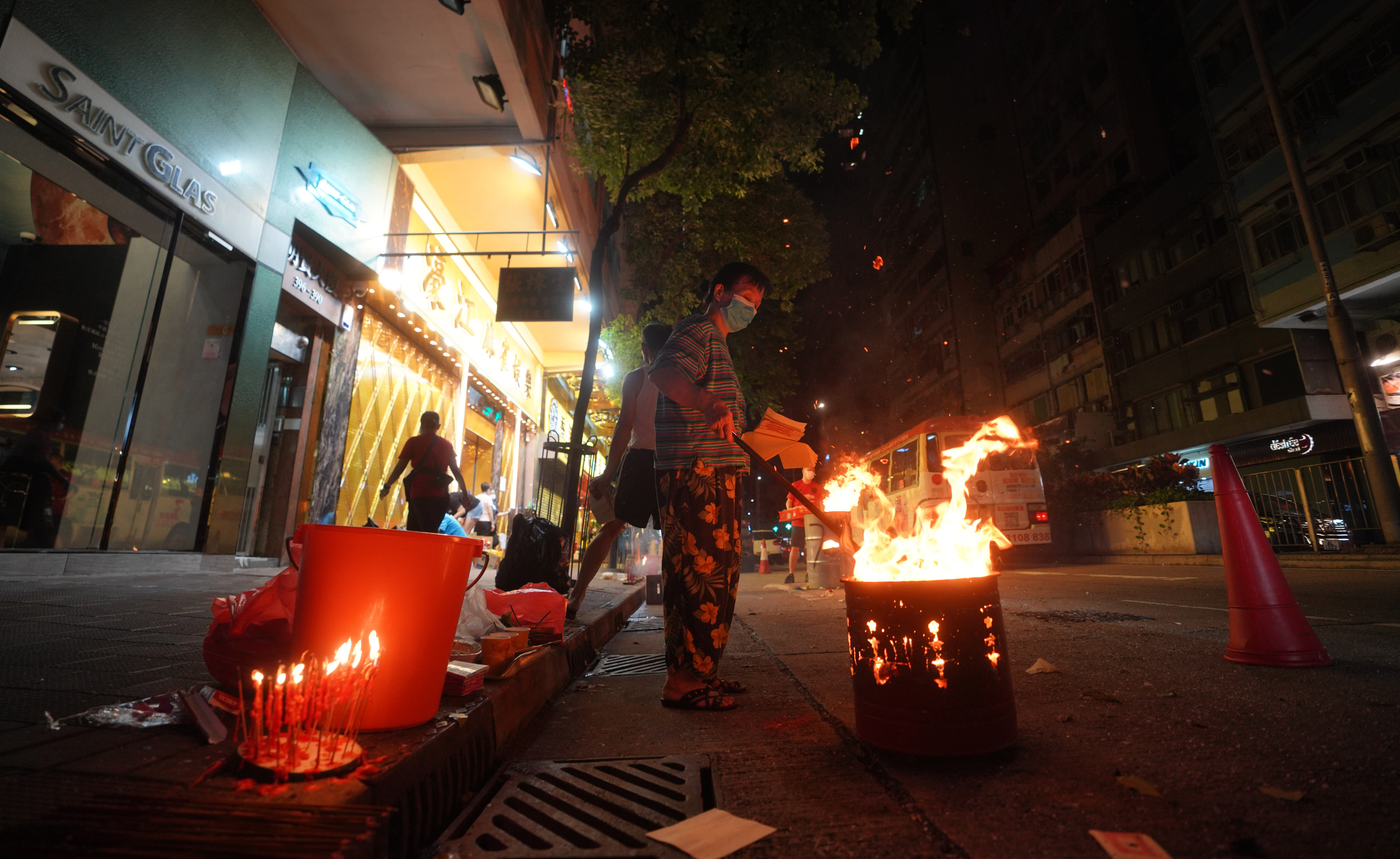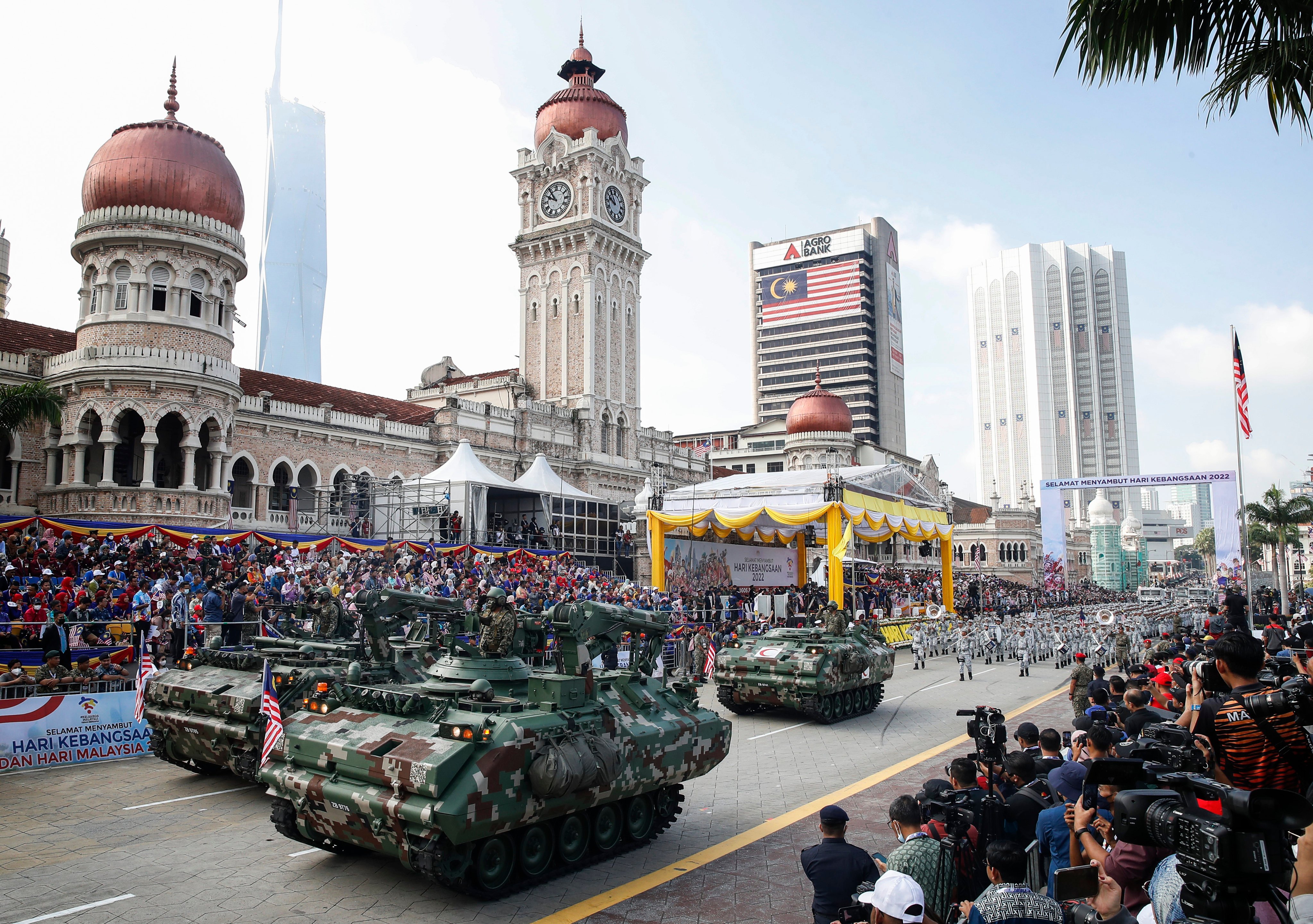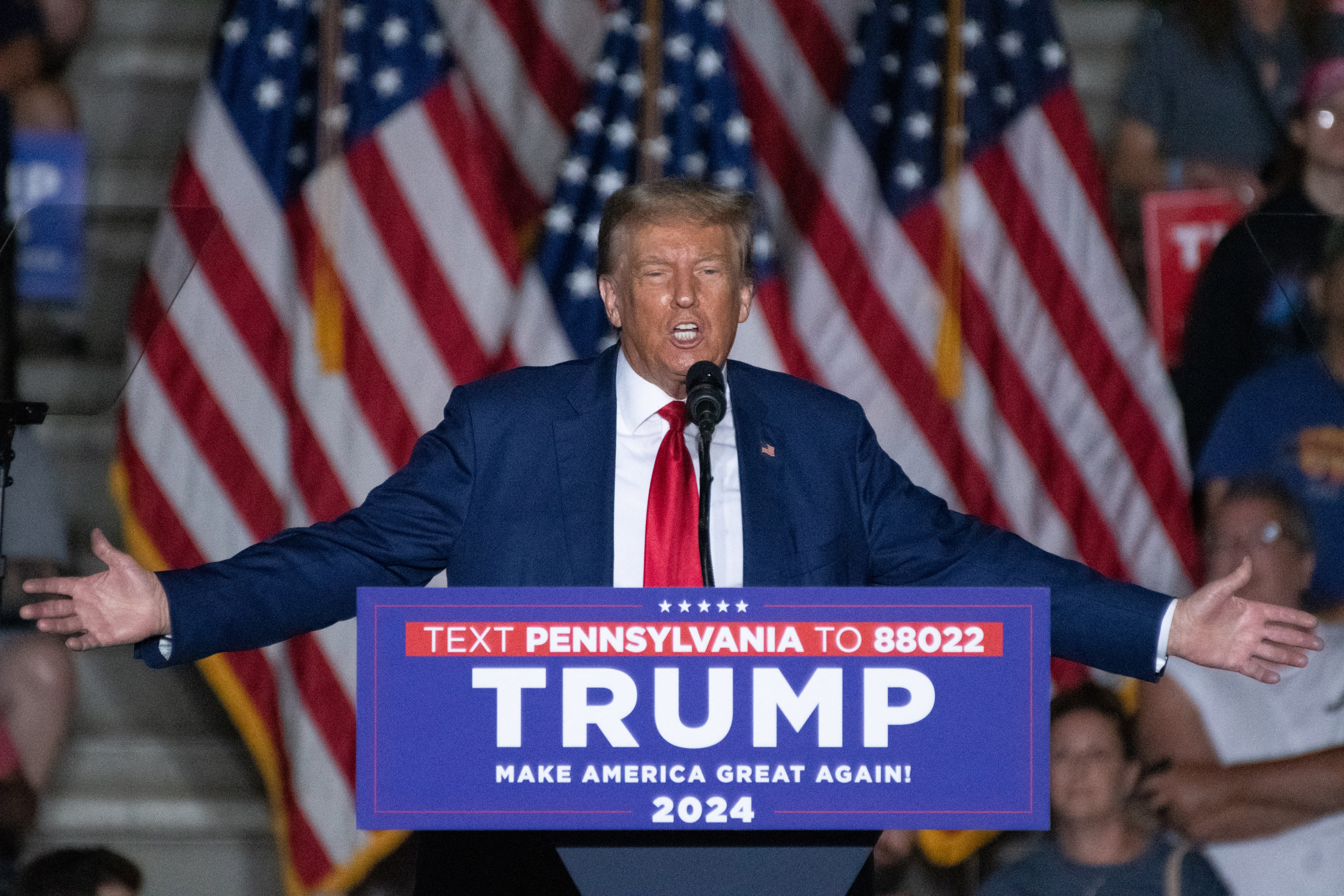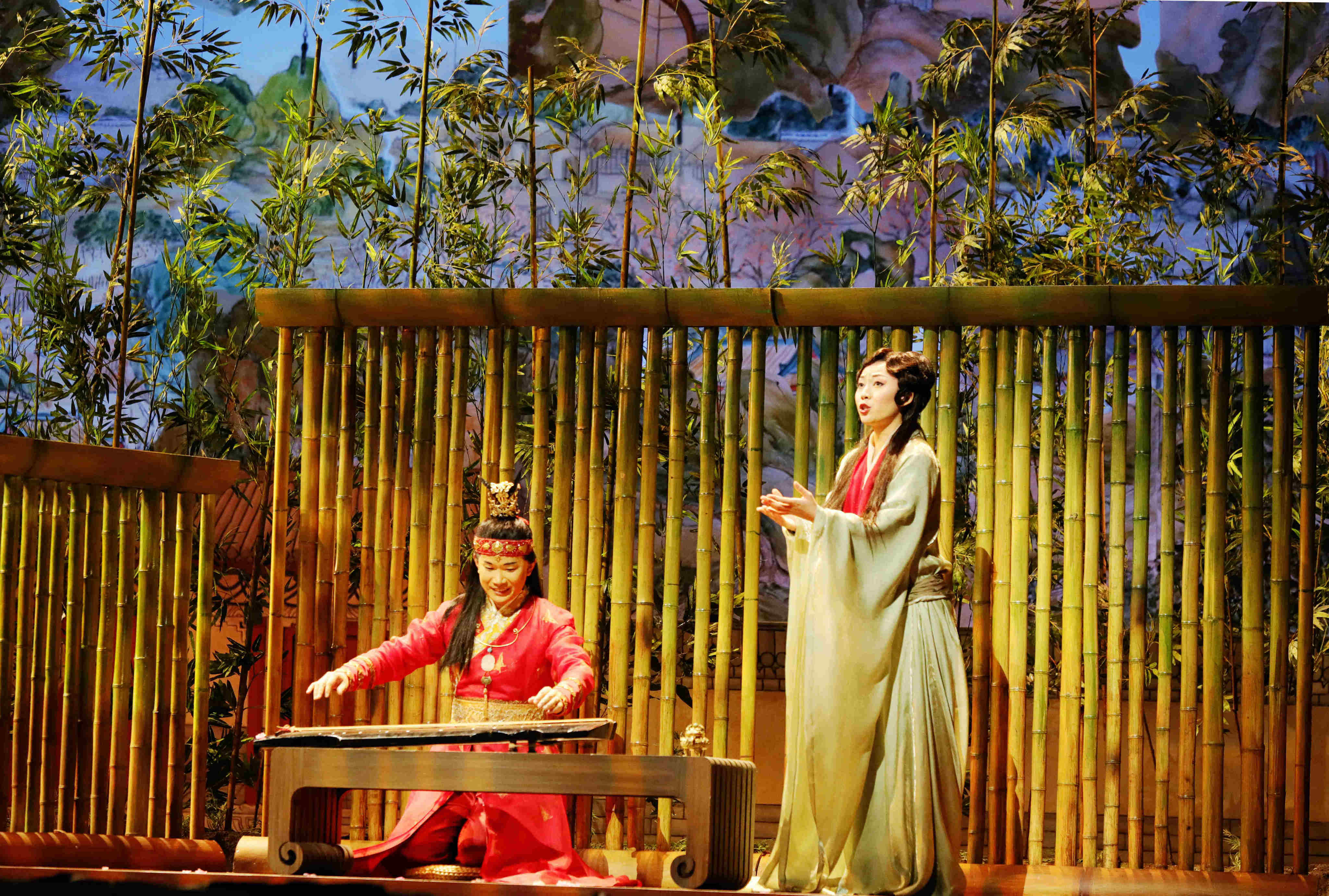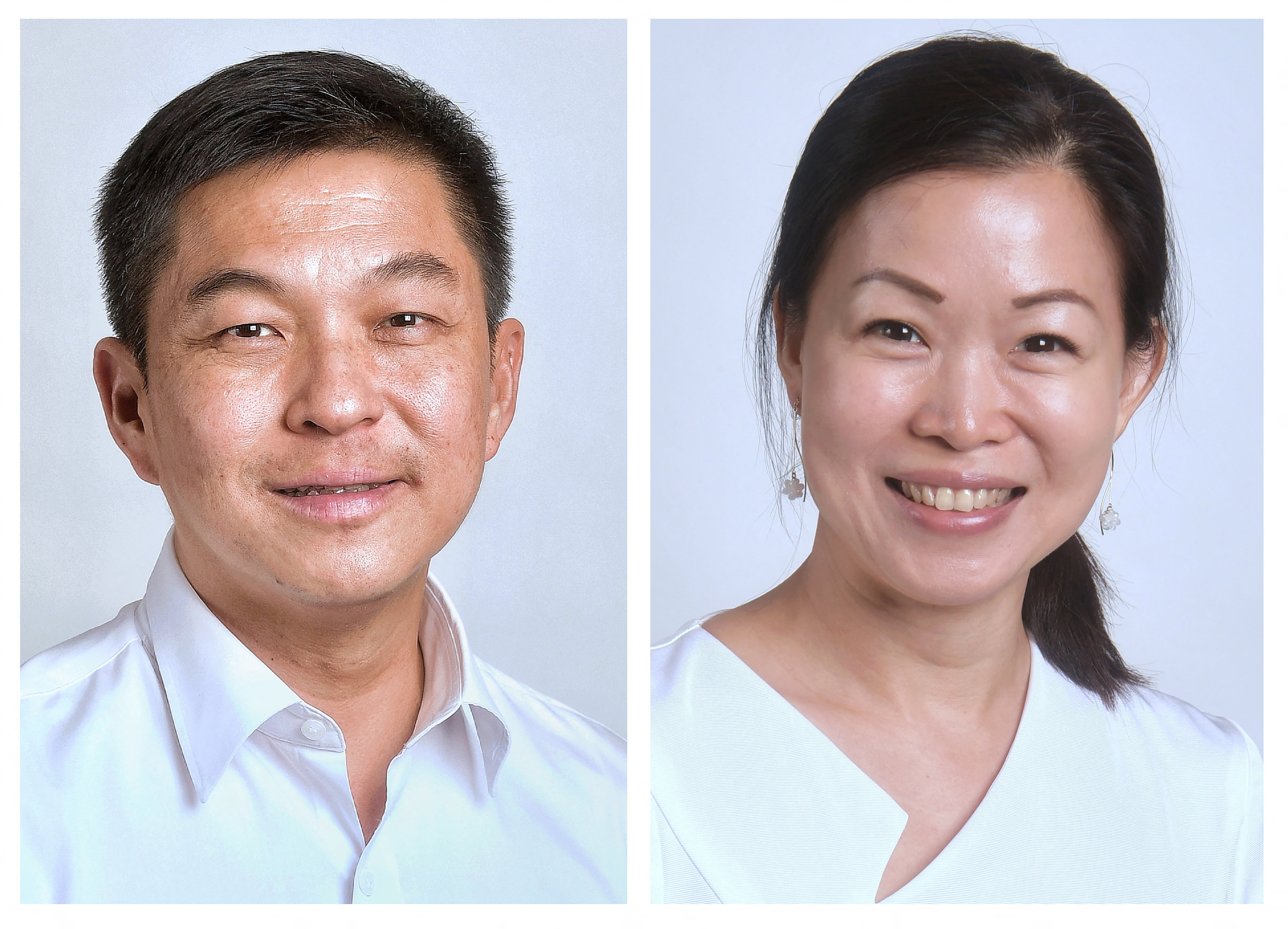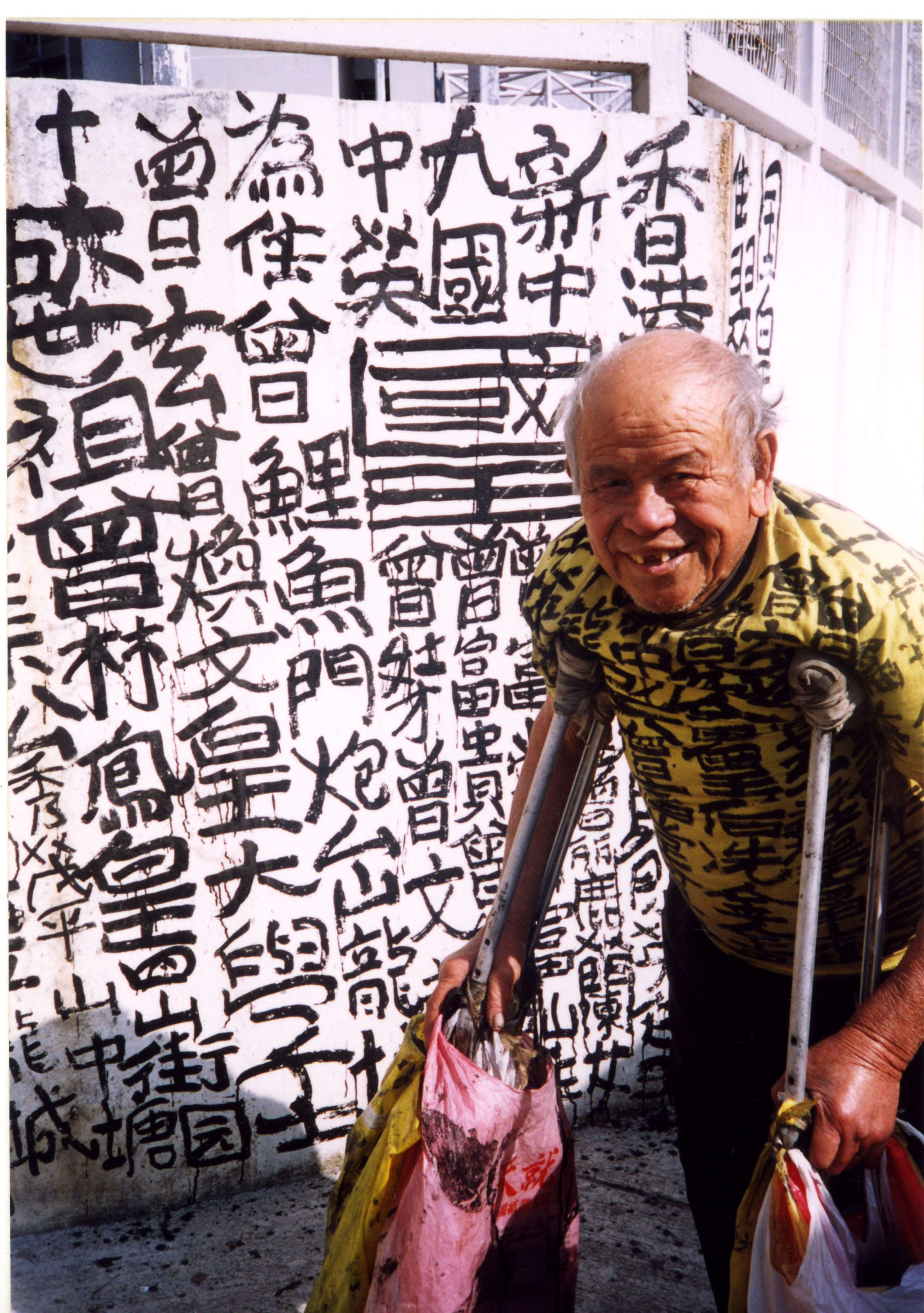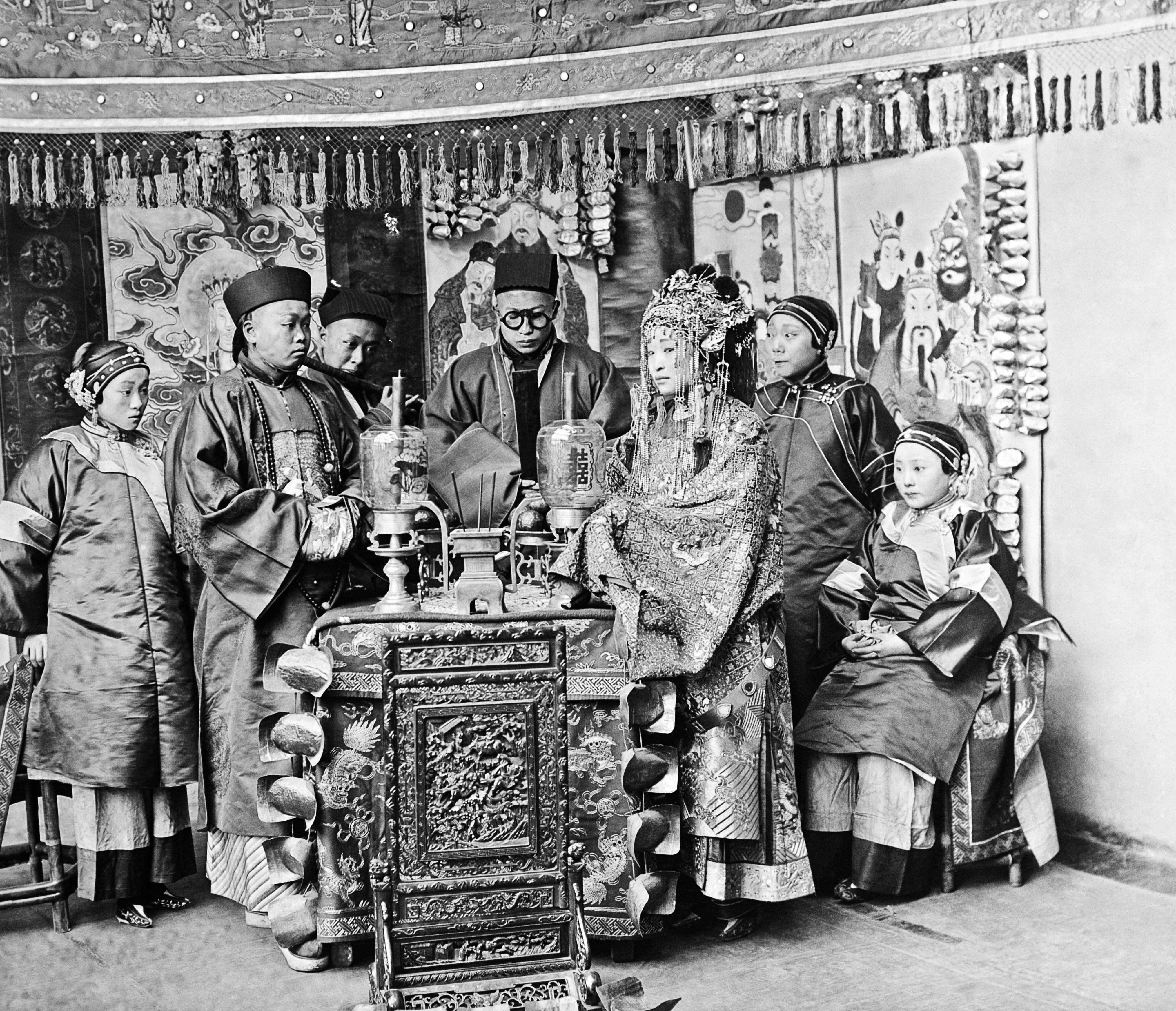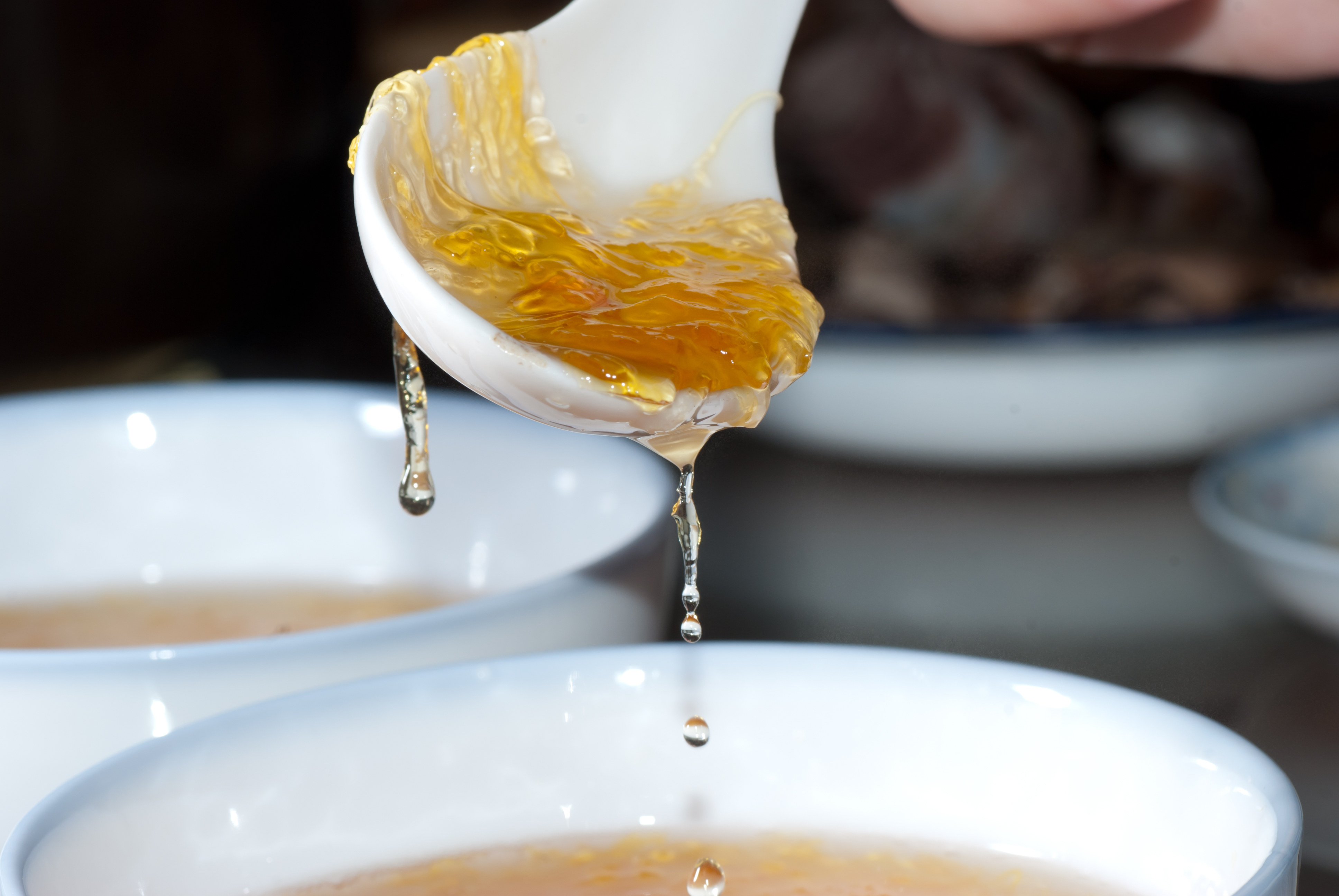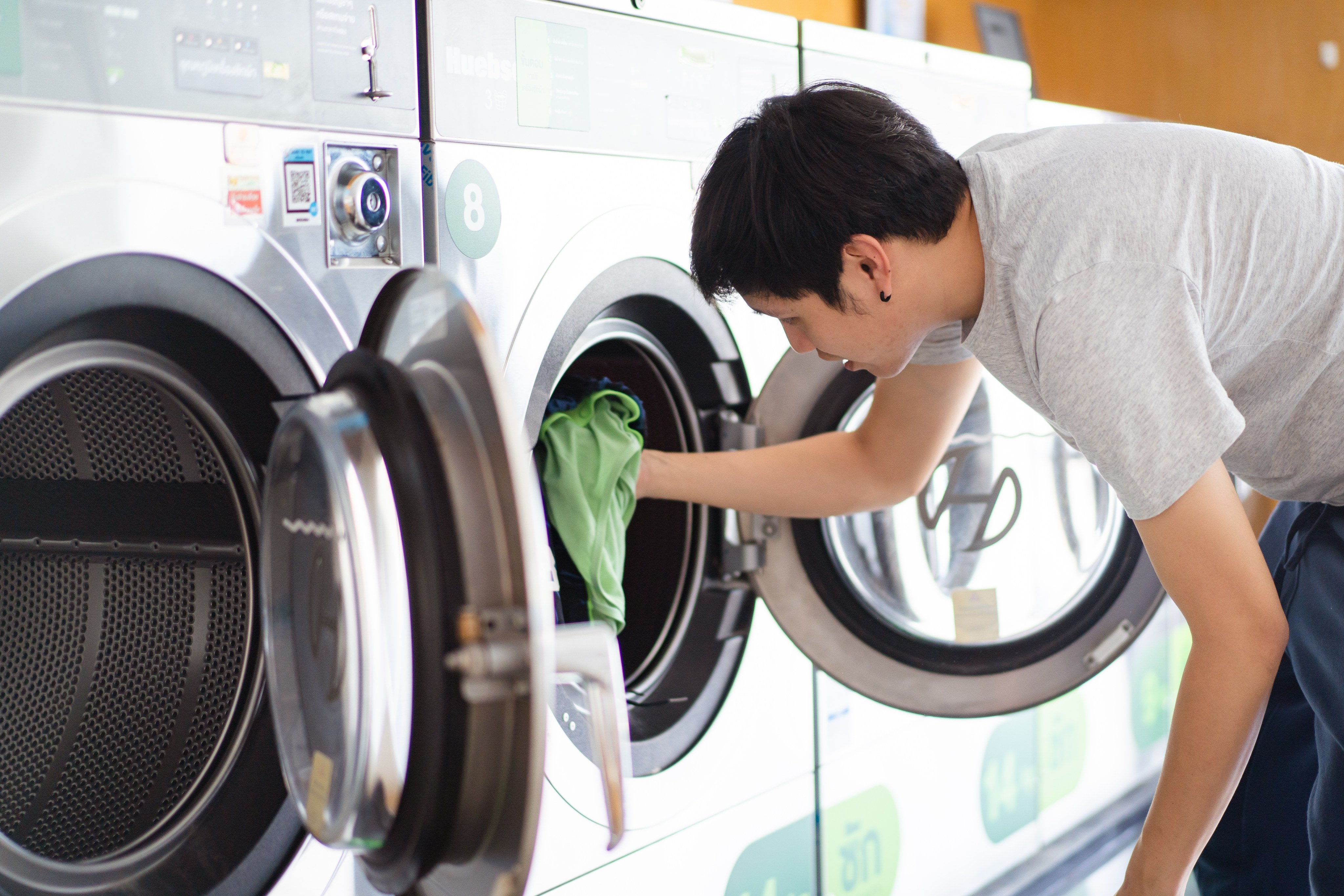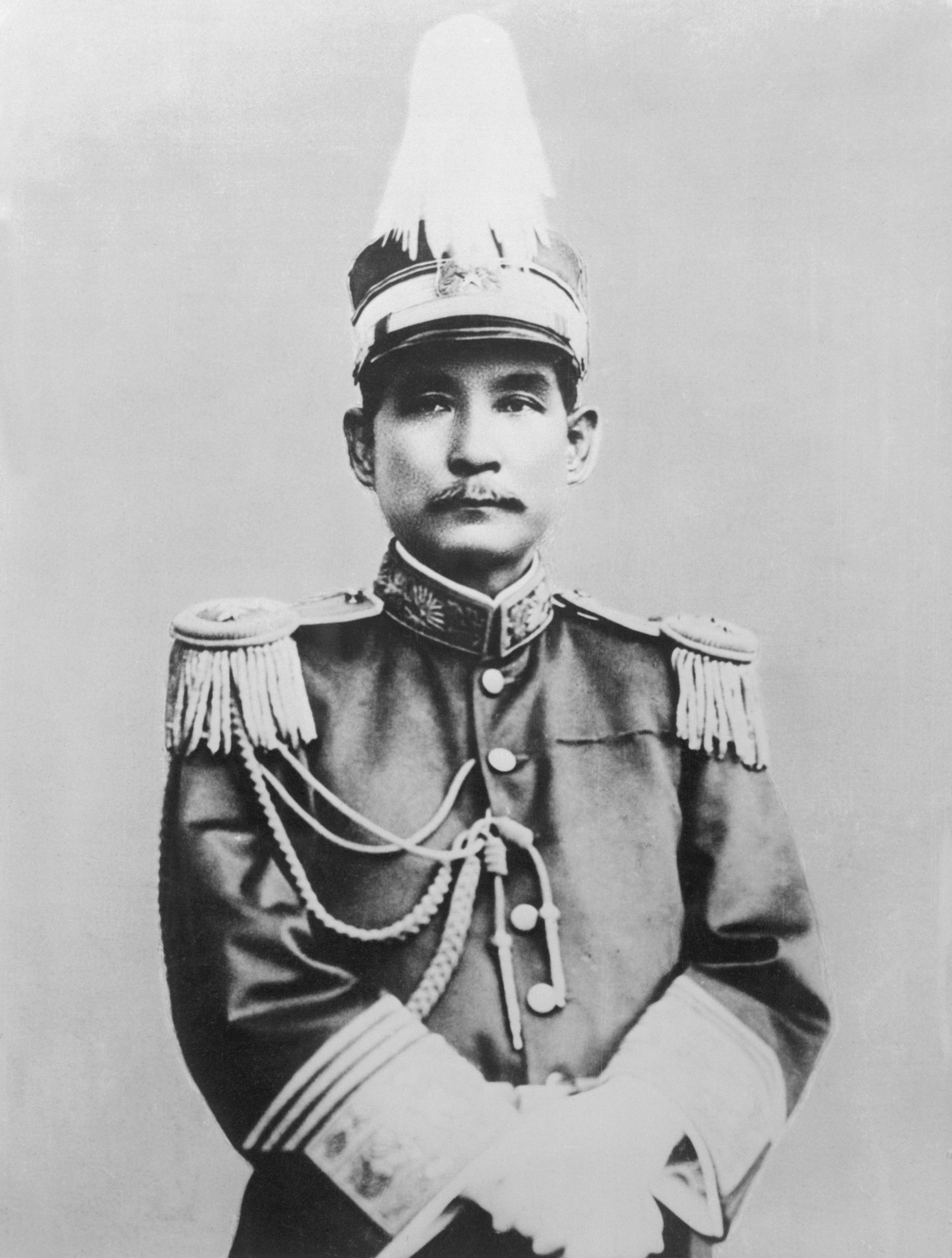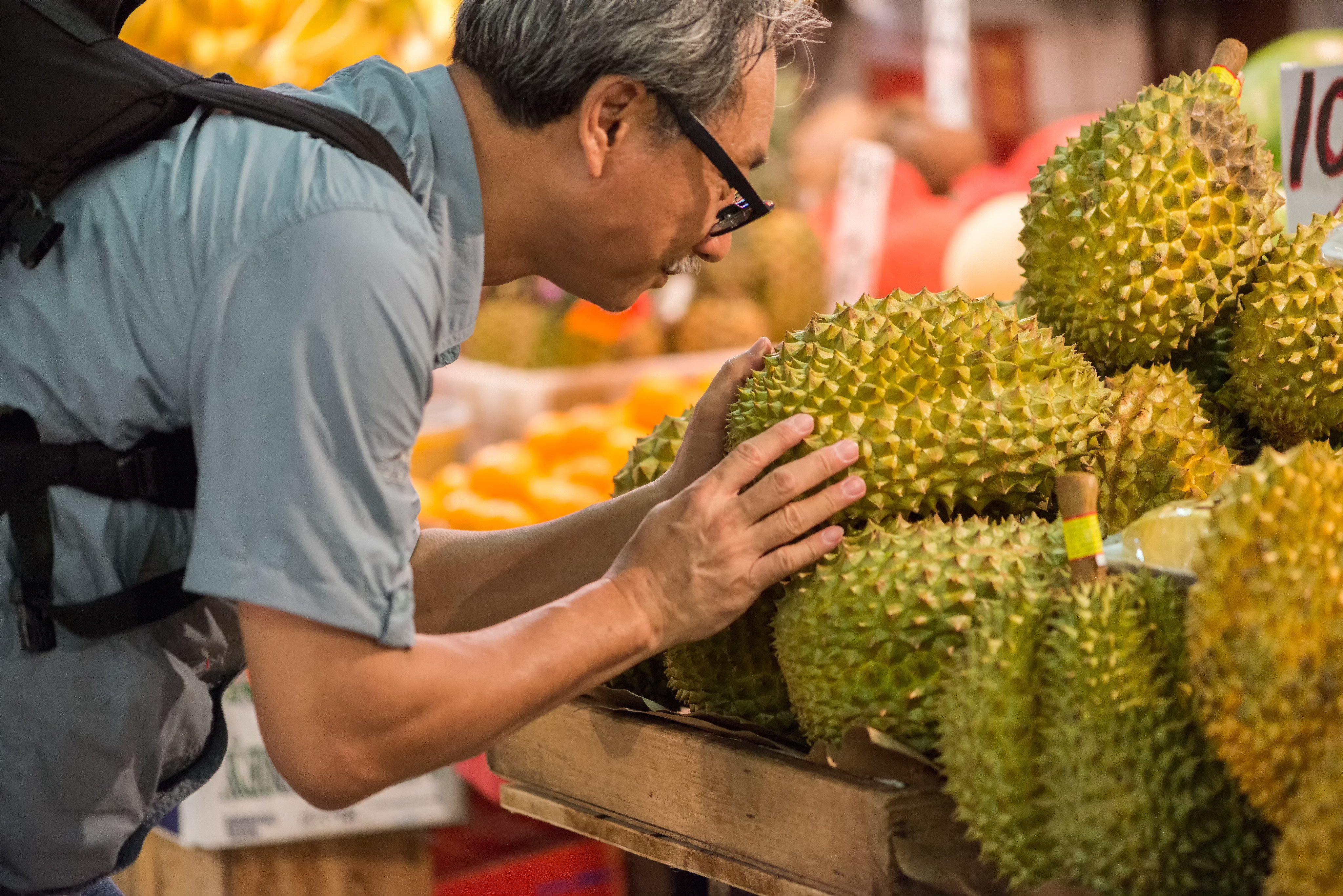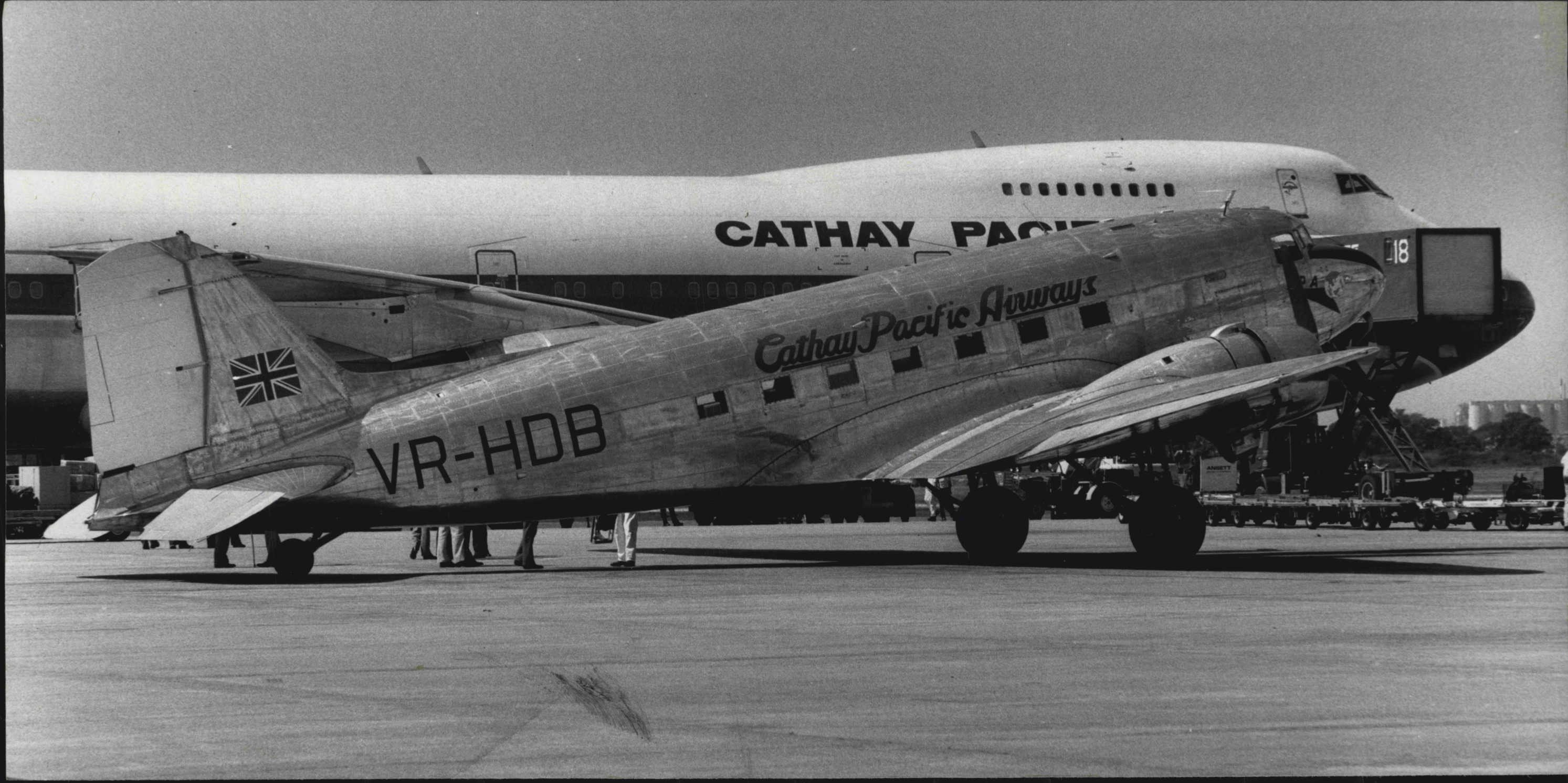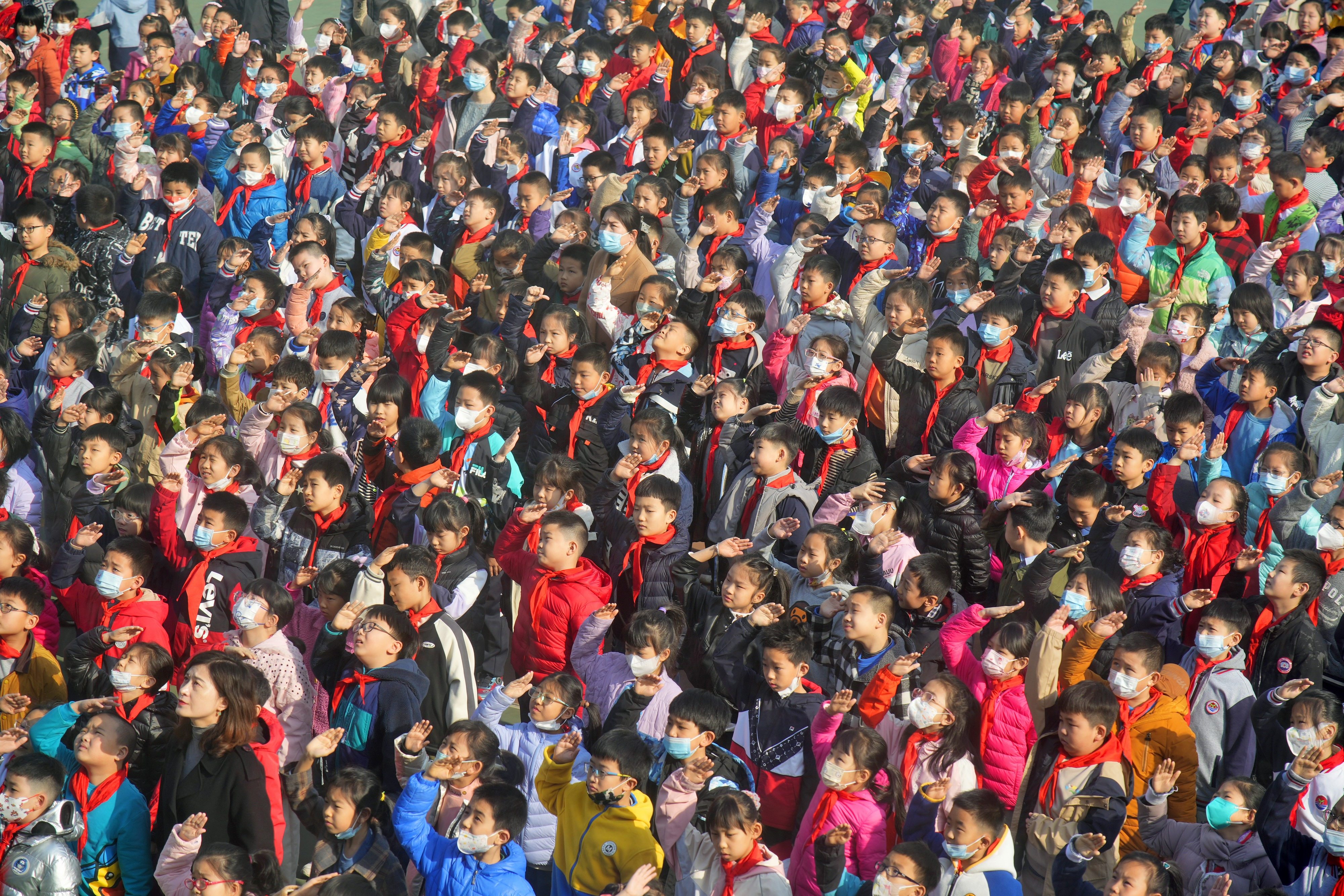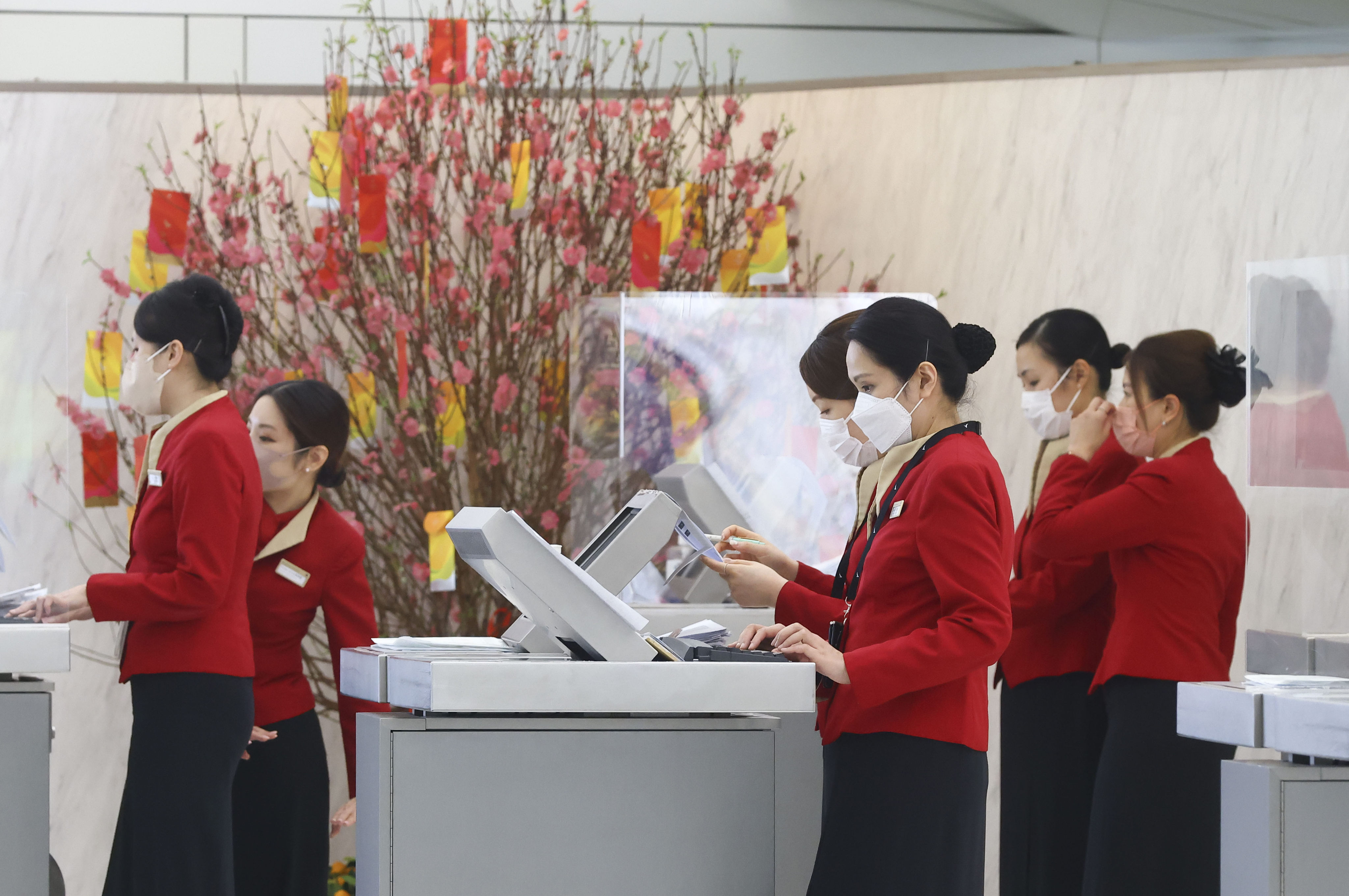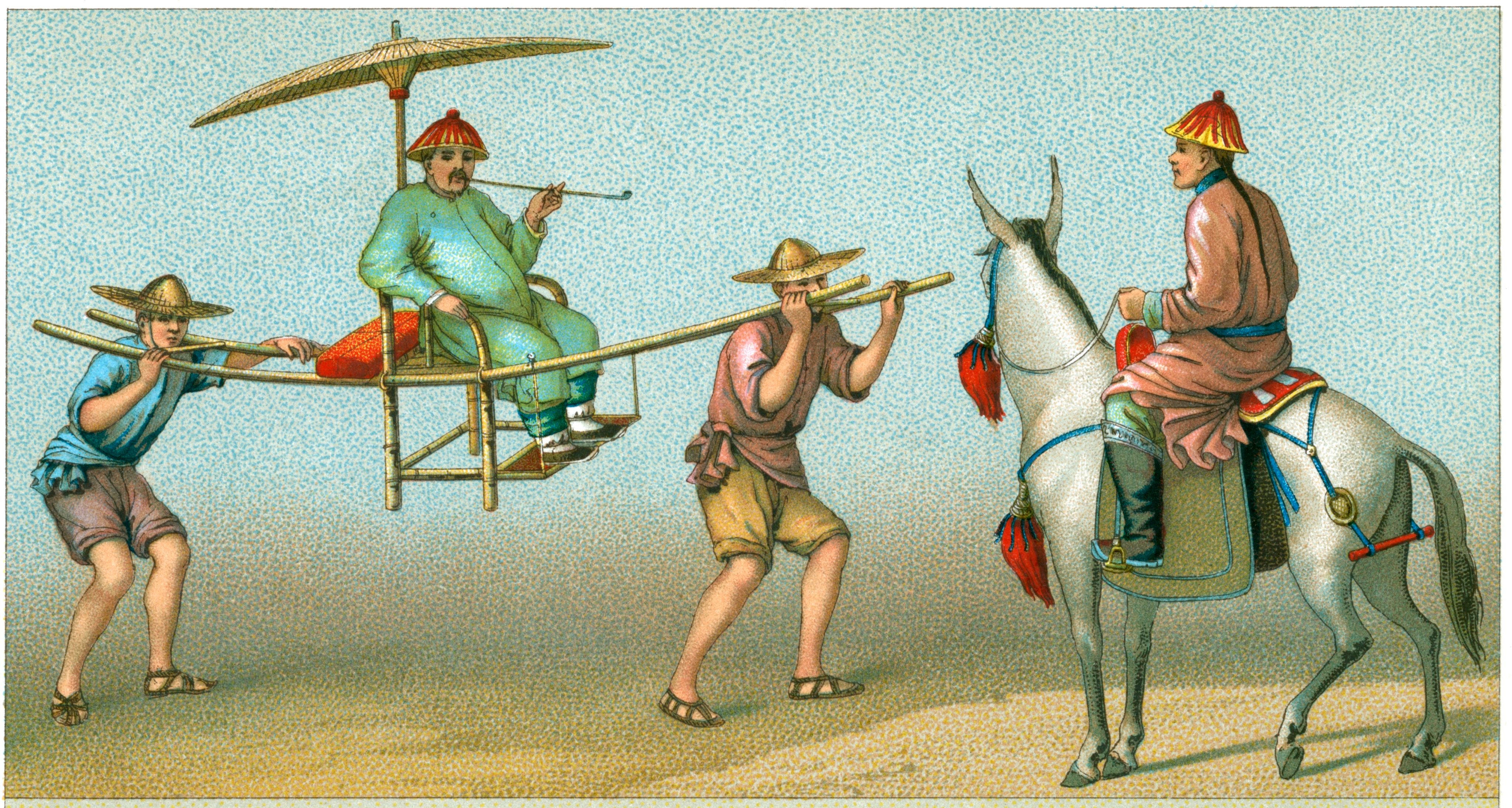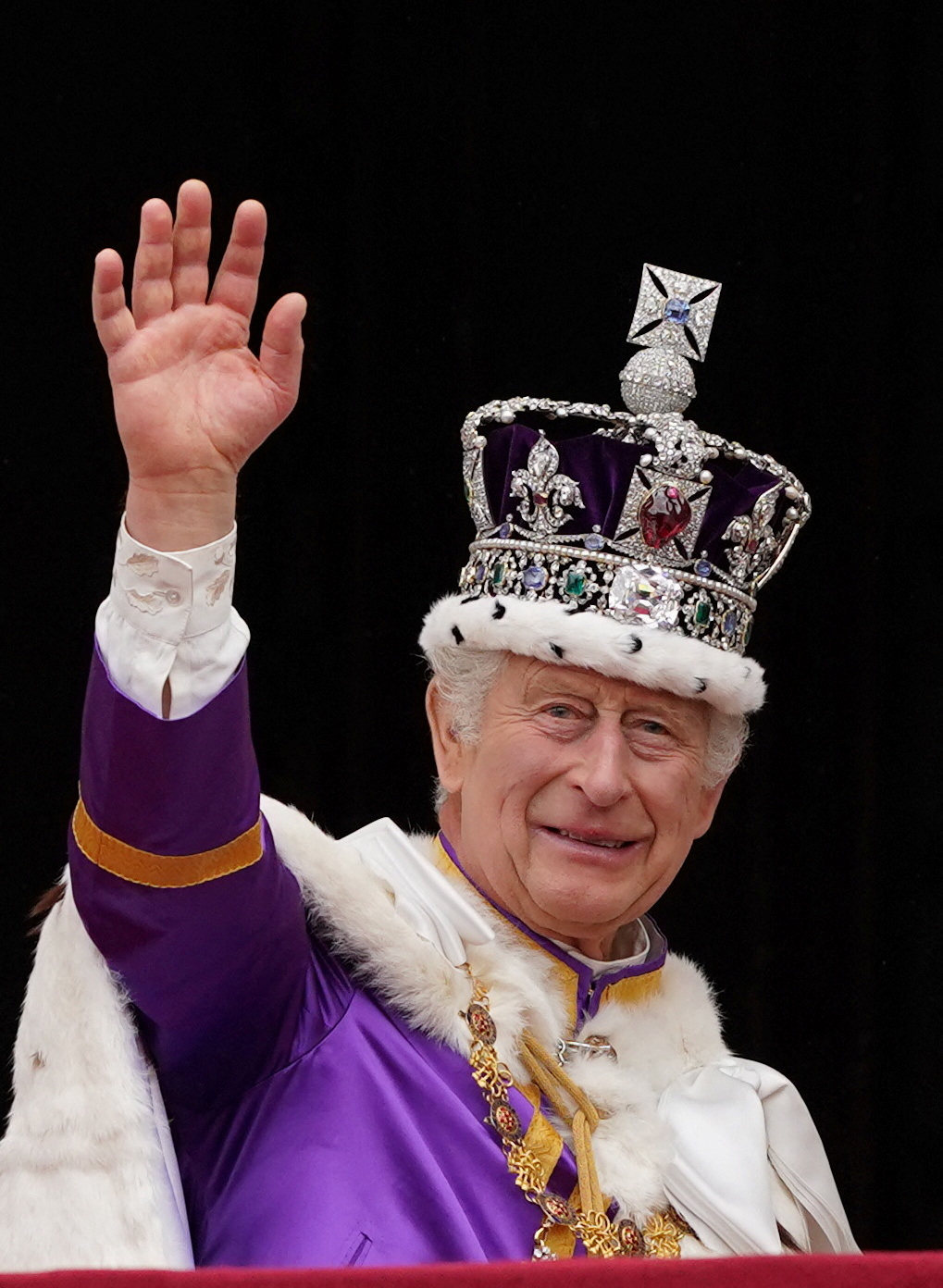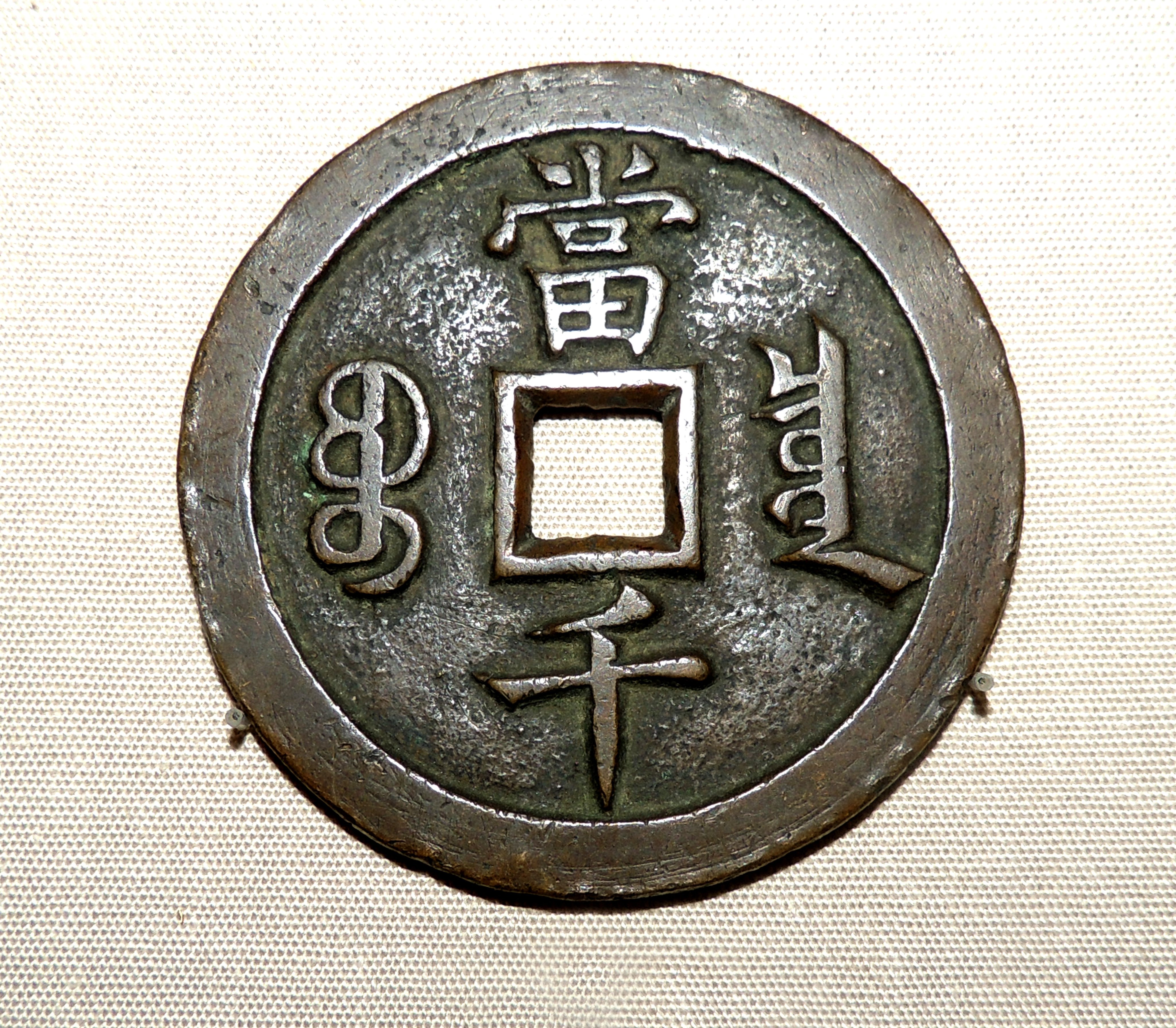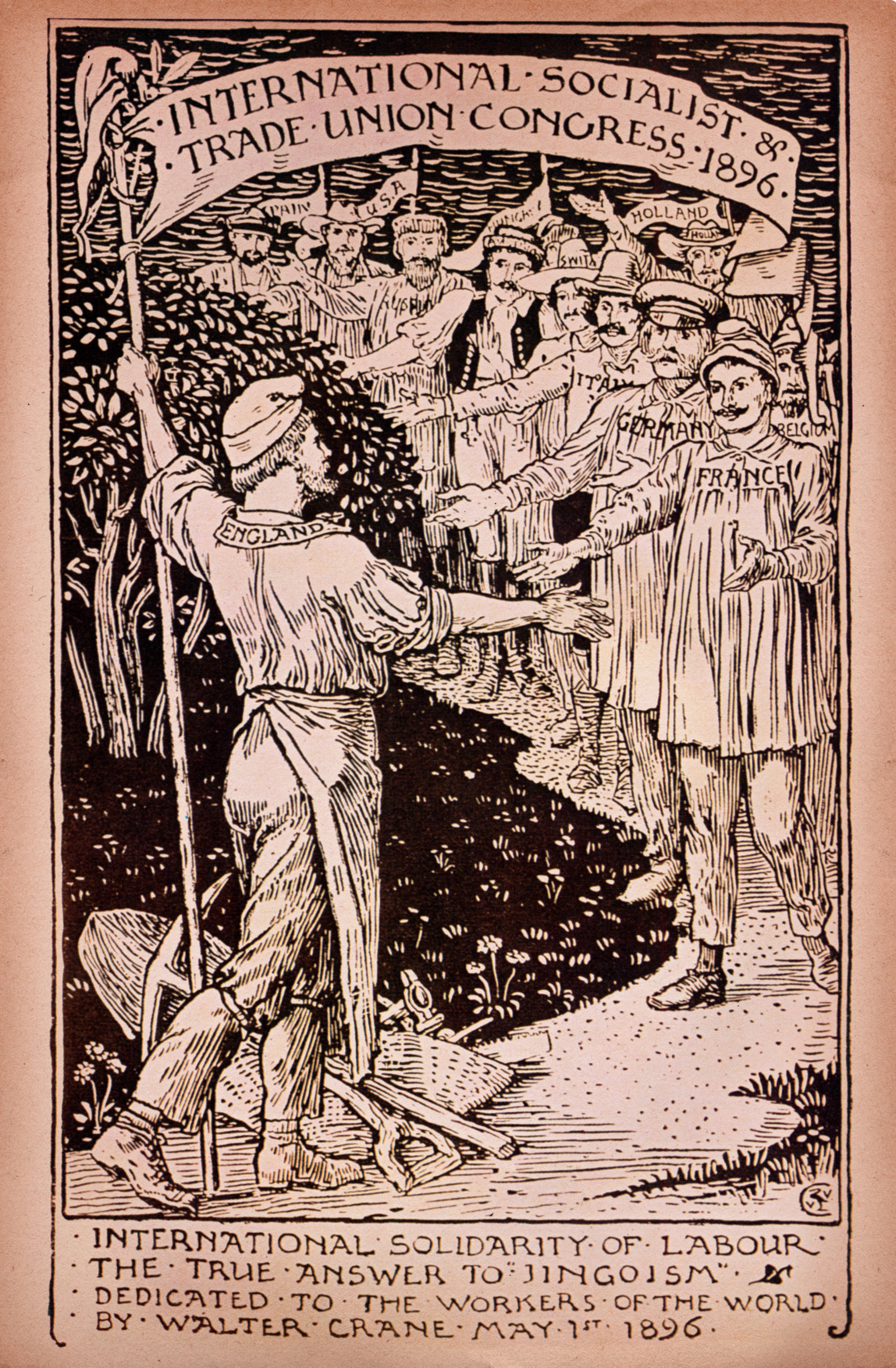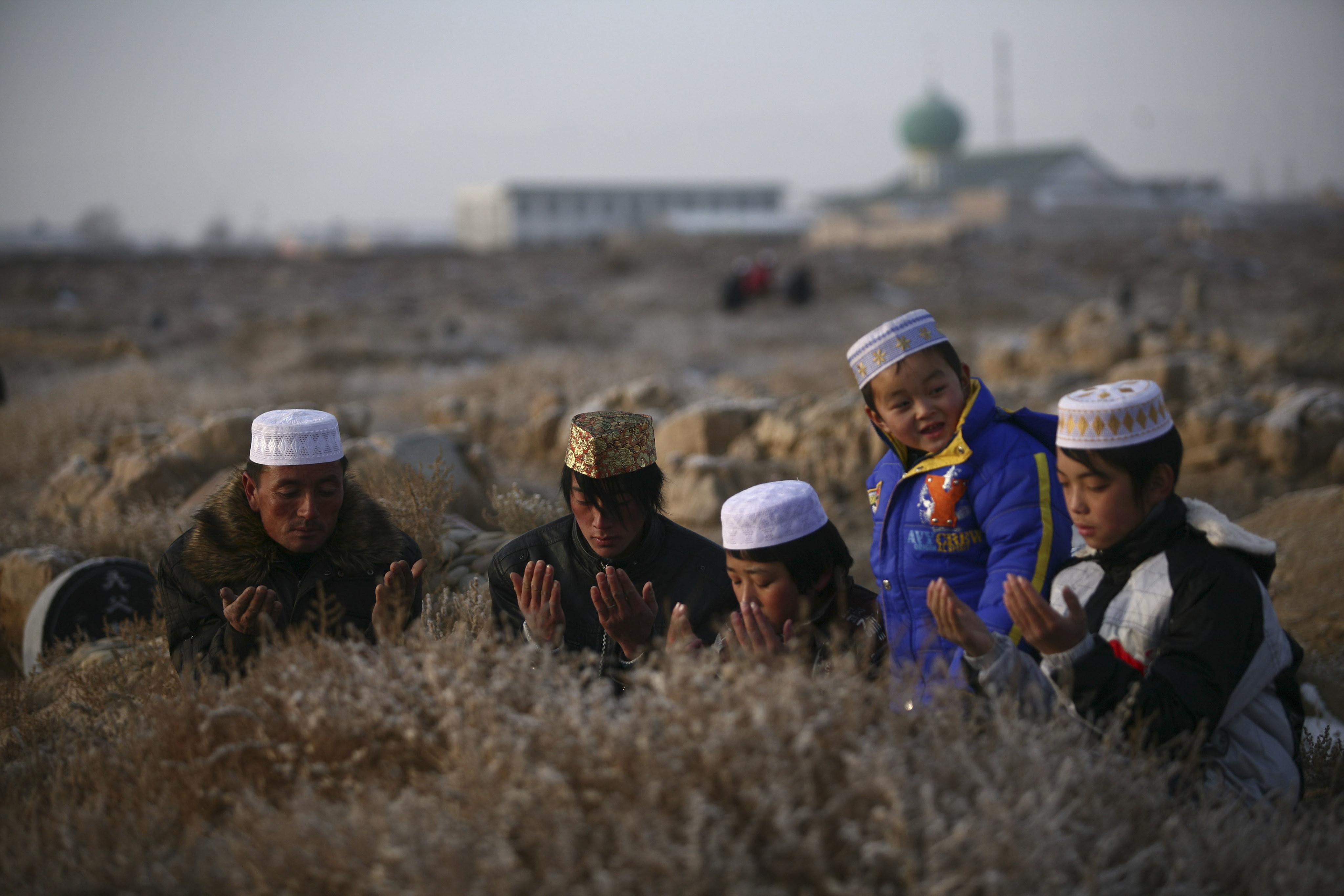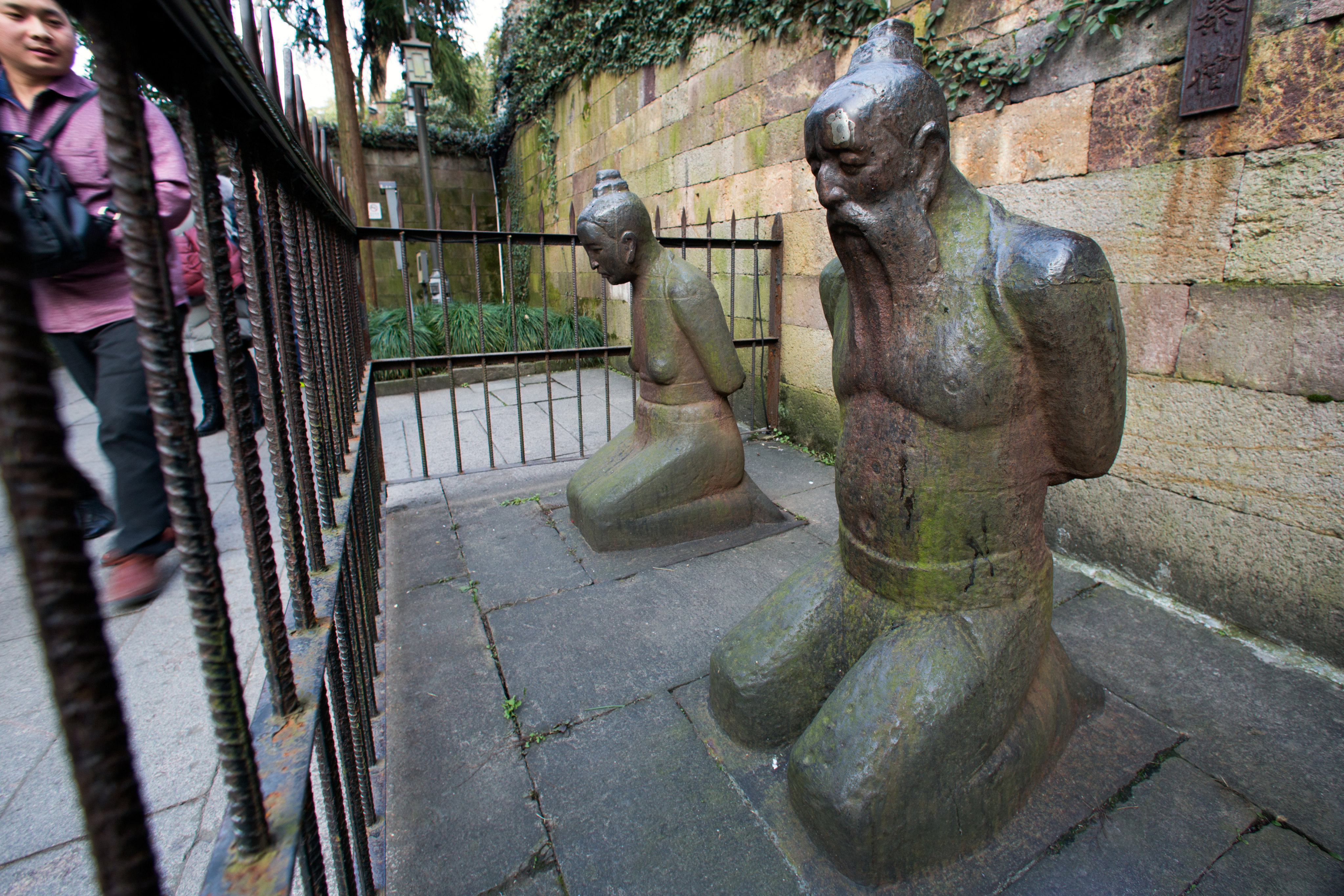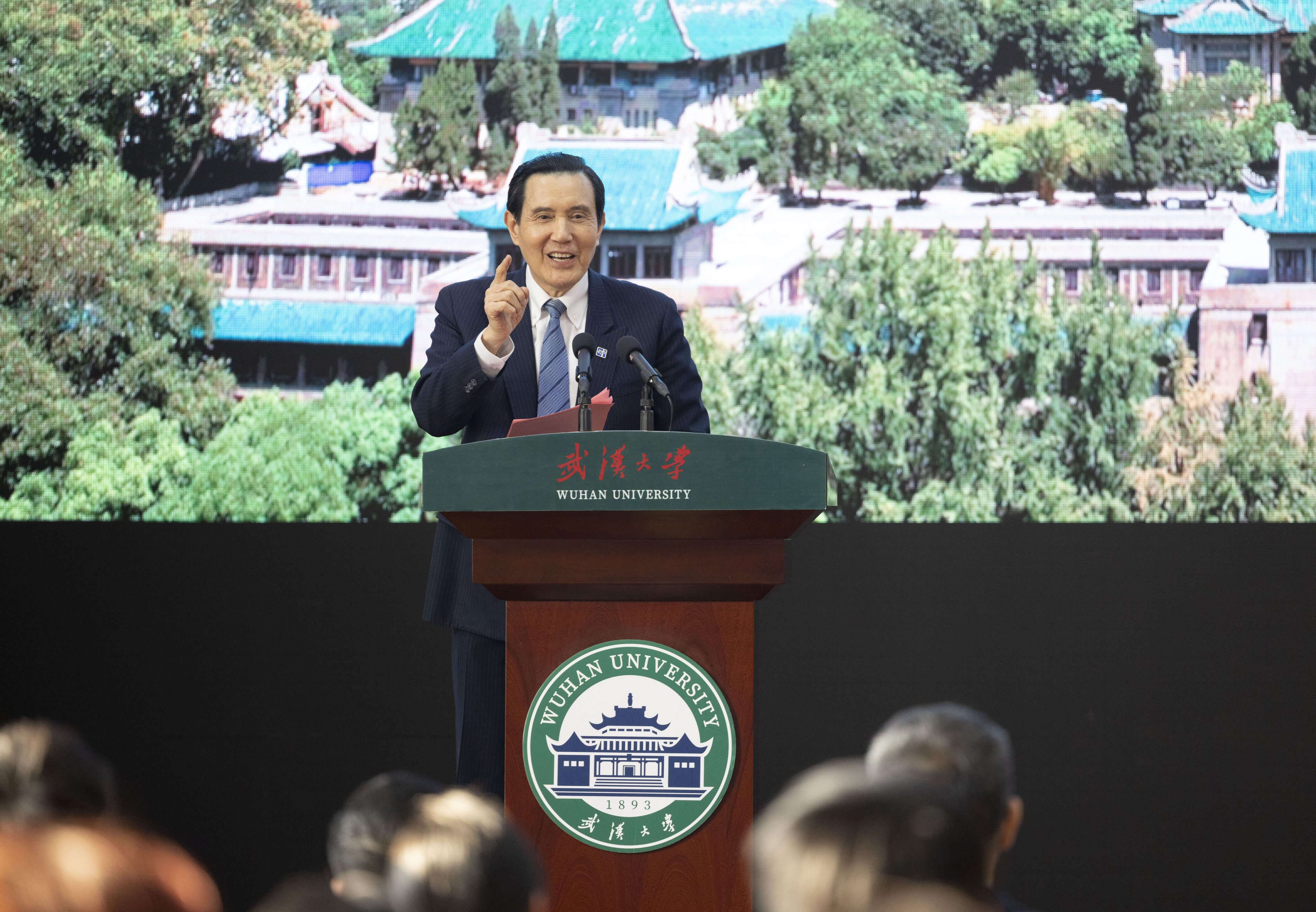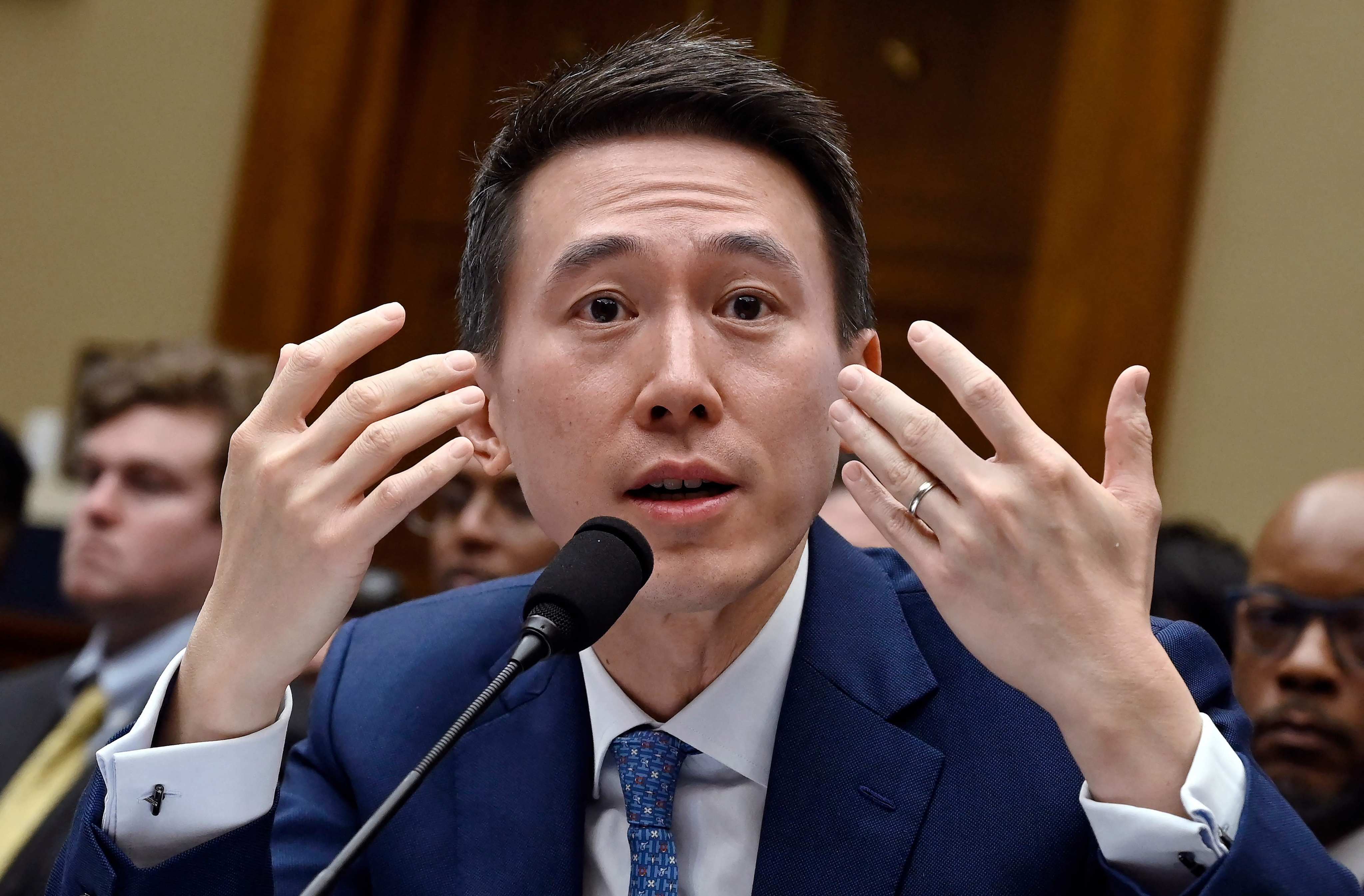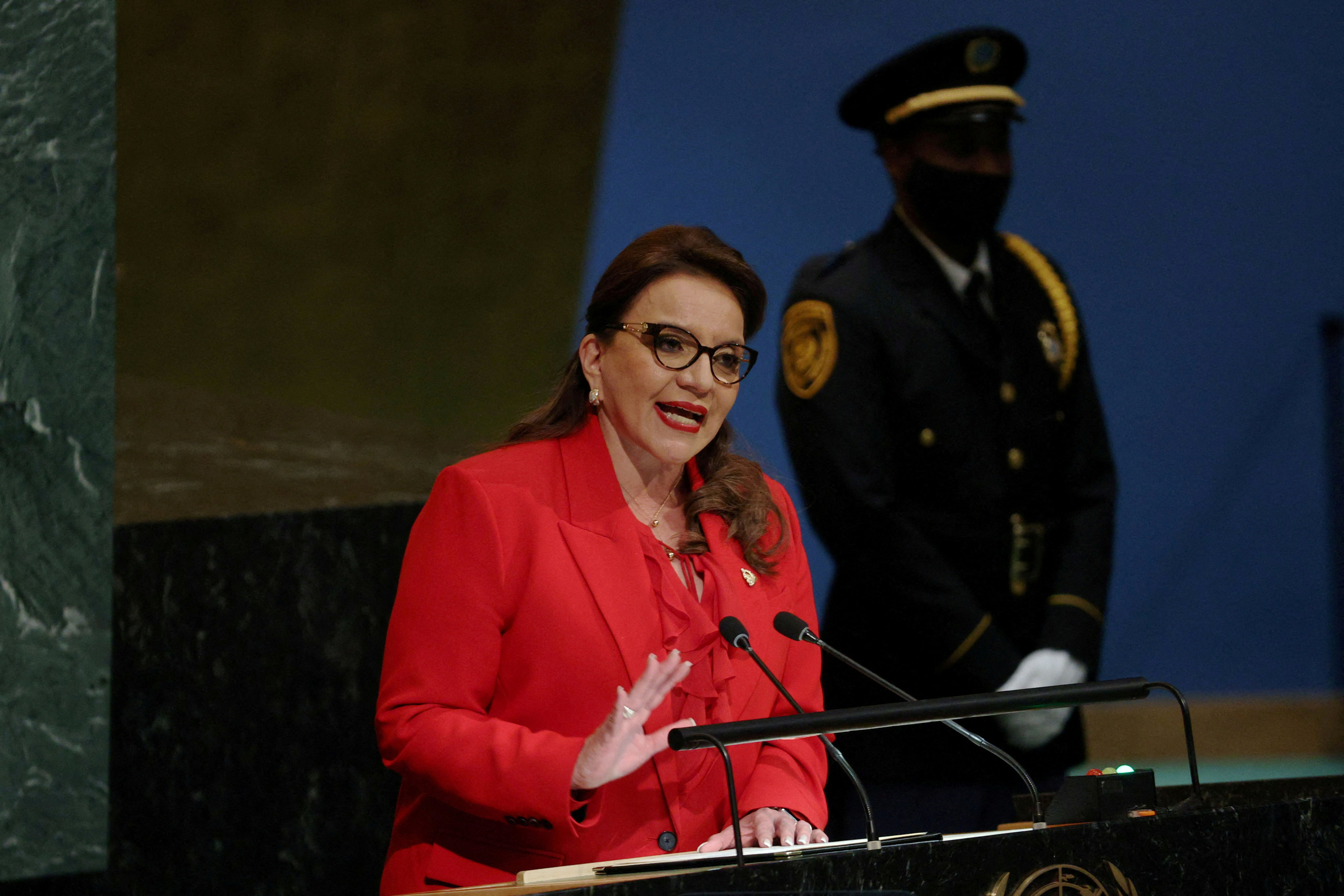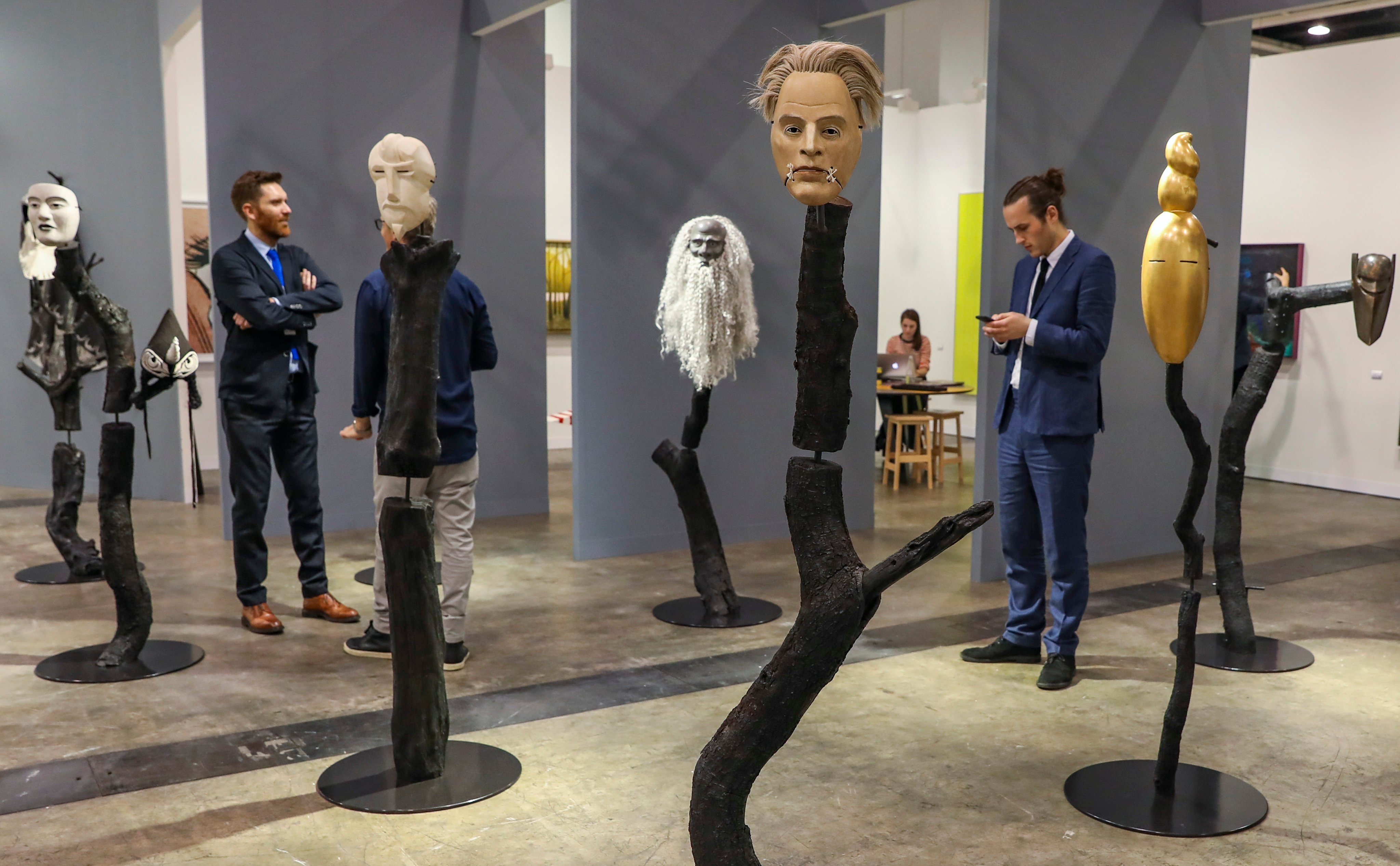
A Jewish community has existed in the Chinese city of Kaifeng, in Henan province, for centuries, with one of the earliest mentions in history pointing to the construction of a synagogue in 1163.
Self-appointed guardians of the purity of Chinese food disparage innovations such as Chinese-American food. They forget the Chinese diet has for millennia co-opted foreign ingredients such as chilli peppers.
Pockets concealed in sleeves, bags similar to modern-day bumbags, pouches that dangled from the belt – the ancient Chinese had plenty of ways of carrying cash and other small objects.
Seafood contains parasites, bacteria, heavy metals and microplastics. Consider that when weighing Japan’s release of contaminated water from the Fukushima nuclear power plant into the Pacific Ocean.
Tharman Shanmugaratnam became the first South Asian to win a contested presidential poll in Singapore, a propitious milestone with echoes in 7th century China, where, unusually, foreigners held high office.
Netflix series Painkiller, with Matthew Broderick, dramatises the devastating opioid crisis in the United States. In the 1800s, China experienced a similar epidemic thanks to opium exported by British India.
It’s the month in the Chinese calendar when ghosts supposedly wander among the living. There are offerings to make to help them when they return to the afterlife; and taboos to heed (to hell with those, I say).
August and September are busy times for the two young Southeast Asian nations – and a reminder that their current forms and national borders are not a matter of course.
Donald Trump, the 45th US president, could become its 47th too. Most Chinese emperors ruled until death, but some were deposed by family members – only to find a way back to power.
You may not know who your second cousin, once removed is. Our columnist, who delves into the different Chinese classifications of first cousin, wouldn’t know some of his if he passed them in the street.
Having an extramarital affair is a betrayal of trust in the eyes of many, and people expect public figures to be trustworthy. They are bound to lose their status, just as adulterers in China 1,000 years ago did.
Tourists caught defacing Rome’s Colosseum and a Japanese temple are nothing new – graffiti is as old as humanity, from cave art to the bawdy humour found in Pompeii to Hong Kong’s ‘King of Kowloon’.
By the time of the Song dynasty that began in the 10th century, China had laws about dowries and the rights of a bride and her family in regard to them. Yet they often meant little in the face of pressure from in-laws.
Ming dynasty mariner Zheng He was purportedly the first person to bring edible bird’s nest to China, where people extol its benefits, but evidence suggests he was beaten to it.
Low-wash and no-wash movements are trending – and men are seemingly drawn to them because they hate doing laundry. They would have hated doing it way more if they had lived in ancient China – it was hard work.
Singapore’s coming presidential election will be a lot smoother than China’s early years as a republic, when Sun Yat-sen ceded the presidency to Yuan Shikai and chaos followed until Chiang Kai-shek brought stability.
Chinese demand for durian is such that the country now grows its own on Hainan Island to supplement Southeast Asian imports. But a look at Hainan chicken rice shows food once flowed the other way.
After Cathay Pacific crew were accused of discrimination, a fellow opinion writer suggested the airline change its name – and it is true there was nothing pacific about the Khitan, from whose name Cathay comes.
China’s population fell in 2022 for the first time in decades, and although that may not bode well in the short term, a historical trend of growth despite famines and war should offer hope.
Three Cathay Pacific staff were fired for insulting passengers but in traditional Chinese society, service occupations were widely despised and it was those workers who were discriminated against.
Sedan chairs were freely used by China’s imperial elite to get around. Sedans, used by Singapore’s elite to get around, require a US$90,000 permit just to own. Better to take public transport.
The recent focus on Britain’s Charles III has brought to mind how lucky Singaporeans are to not have to swear allegiance to a royal – although that has not always been the case.
China has been using cash for almost 4,000 years, from early cowrie shells to its first standard copper coin 2,000 years ago, paper money and silver ingots. Today contactless electronic payments are taking over.
A deadly end to a workers’ protest lies behind the designation of May 1 as International Workers’ Day. Organised labour arose in the West in the 19th century and, much earlier, in Ming dynasty China.
Most Chinese speakers in Singapore and Malaysia still refer to Muslims by the old phrase ‘Hui jiao tu’, or ‘followers of the religion of the Hui people’. Here’s what to know about this ethnic group.
Zhang Yimou’s comic film Full River Red focuses on Qin Hui, the Song dynasty politician blamed for the execution of general Yue Fei, considered a hero. Qin may have had a bad rap, some historians said.
Taiwan’s former president used the controversial phrase ‘Yan Huang Zisun’ in mainland China last week, which has its origins in the genesis of the Han Chinese ethnic majority.
The hostile grilling Chew Shou Zi faced at the hands of US House of Representatives remembers recalls the questions Zhuge Liang, a warlord’s envoy, faced from another warlord’s advisers in Chinese historical novel.
Taipei’s warning to Honduras ‘not to drink poison to quench your thirst, and fall into China’s debt trap’ comes from a Chinese idiom about a child prodigy who saved his uncle from prison.
Those in premodern China who produced the most highly regarded works of art made it for self-expression and the edification of the human spirit, not for trade.

